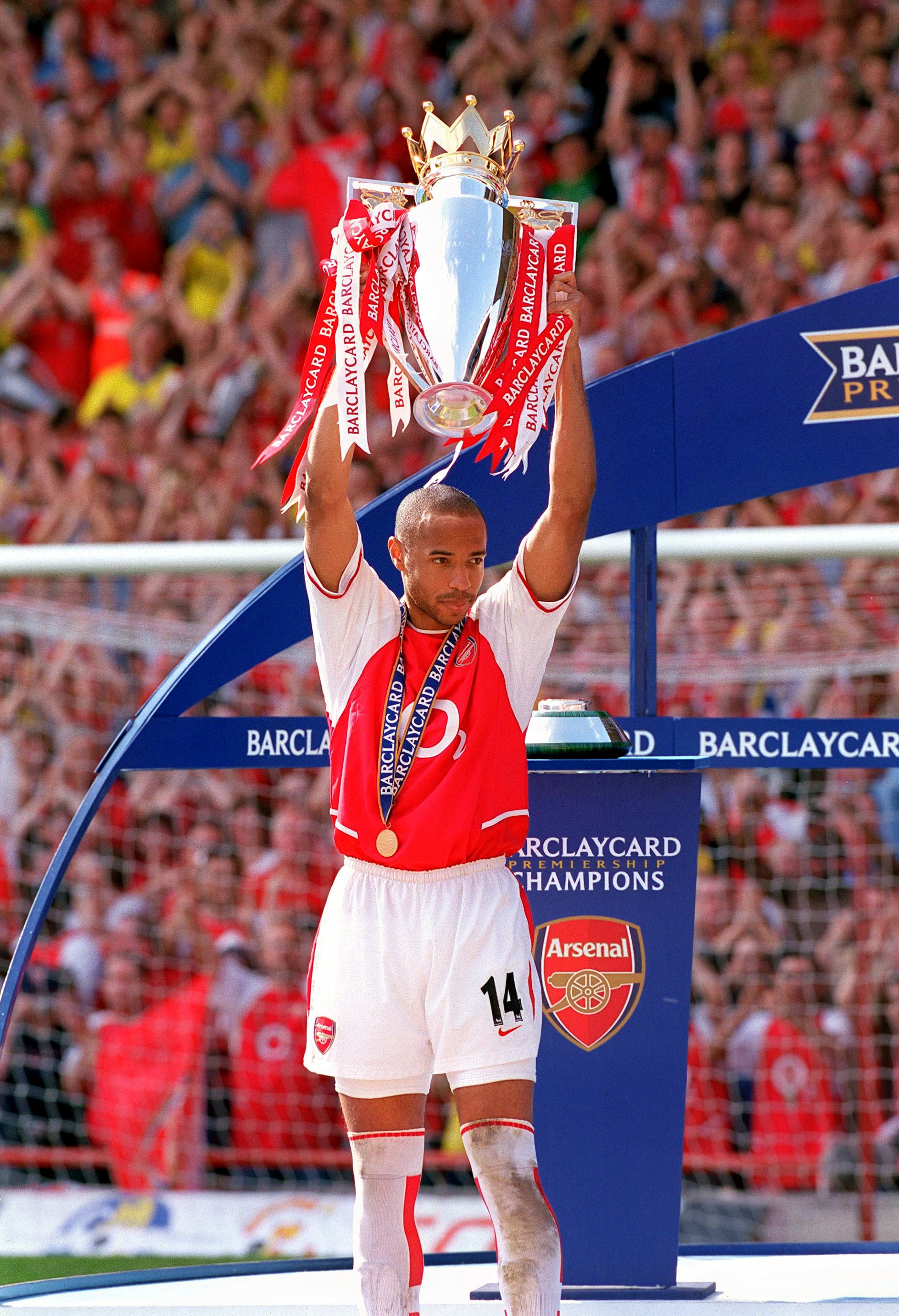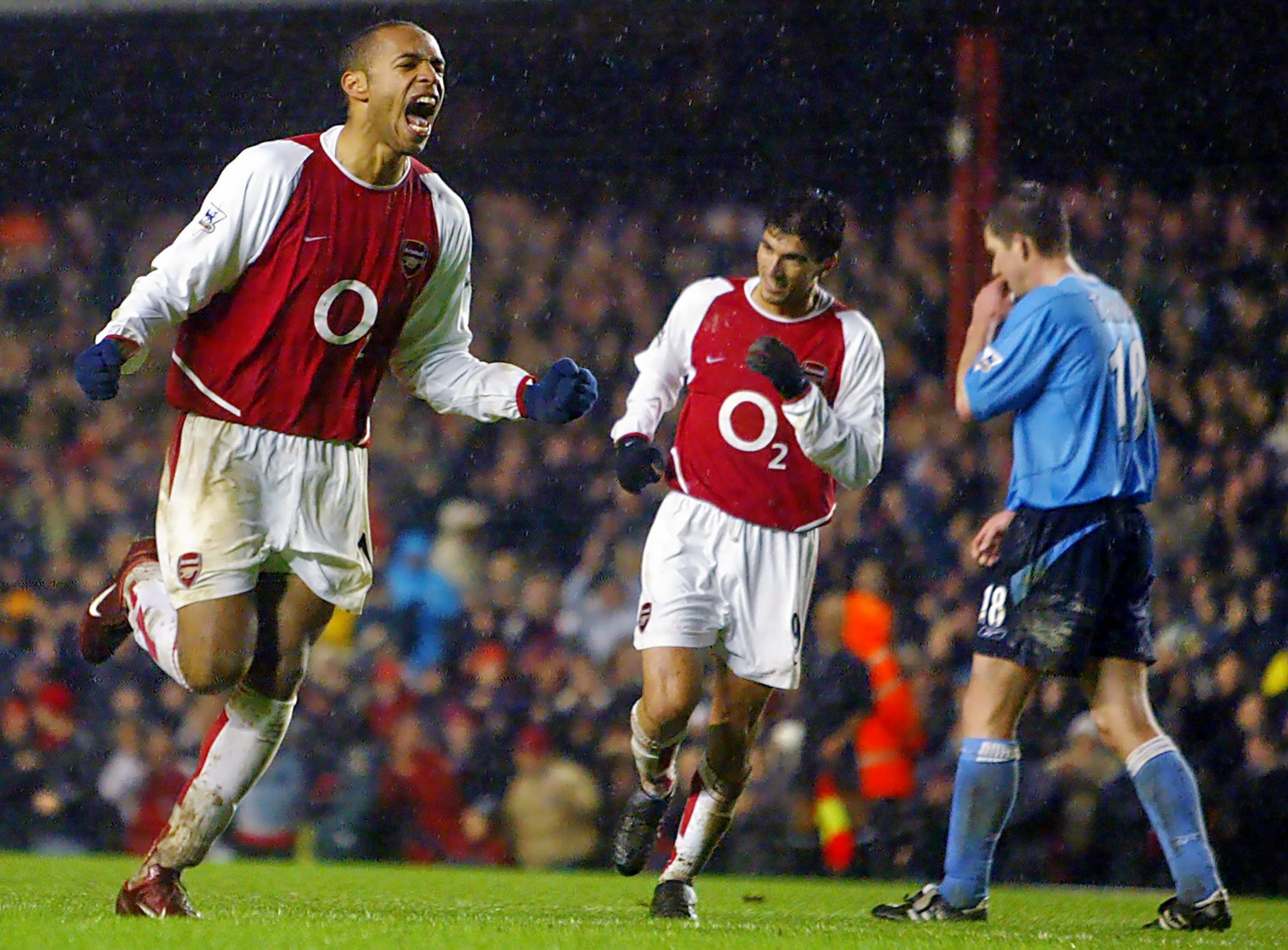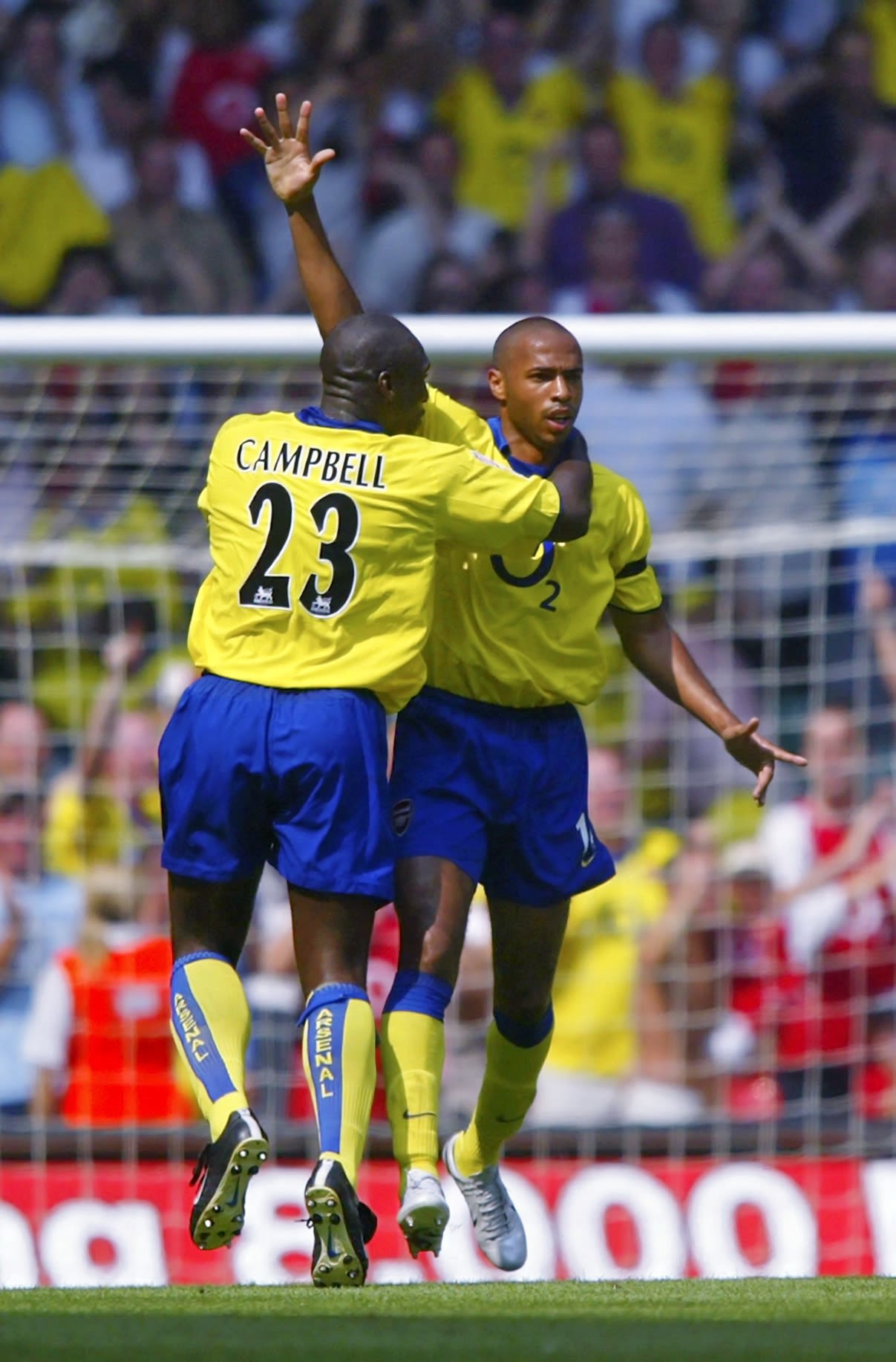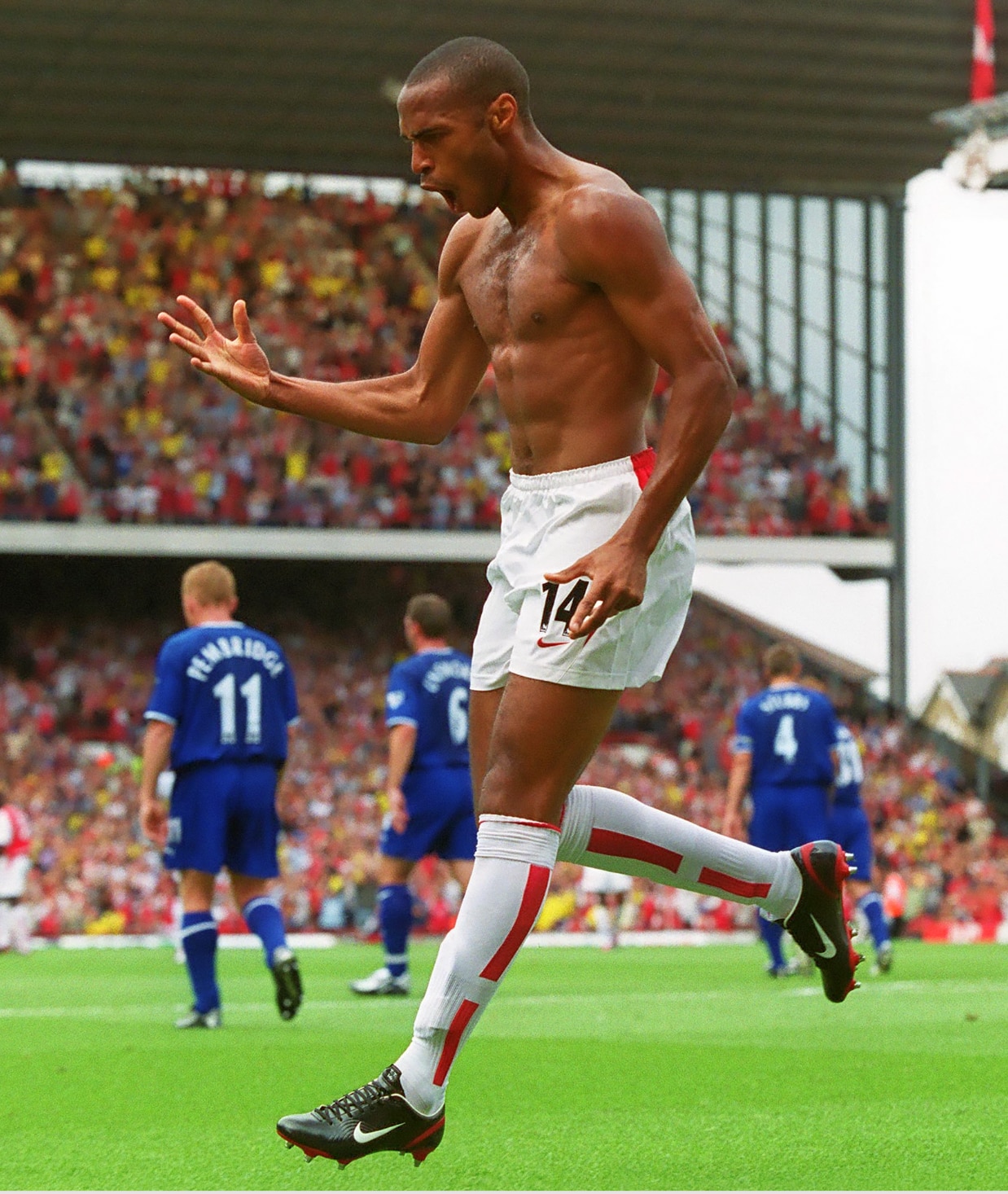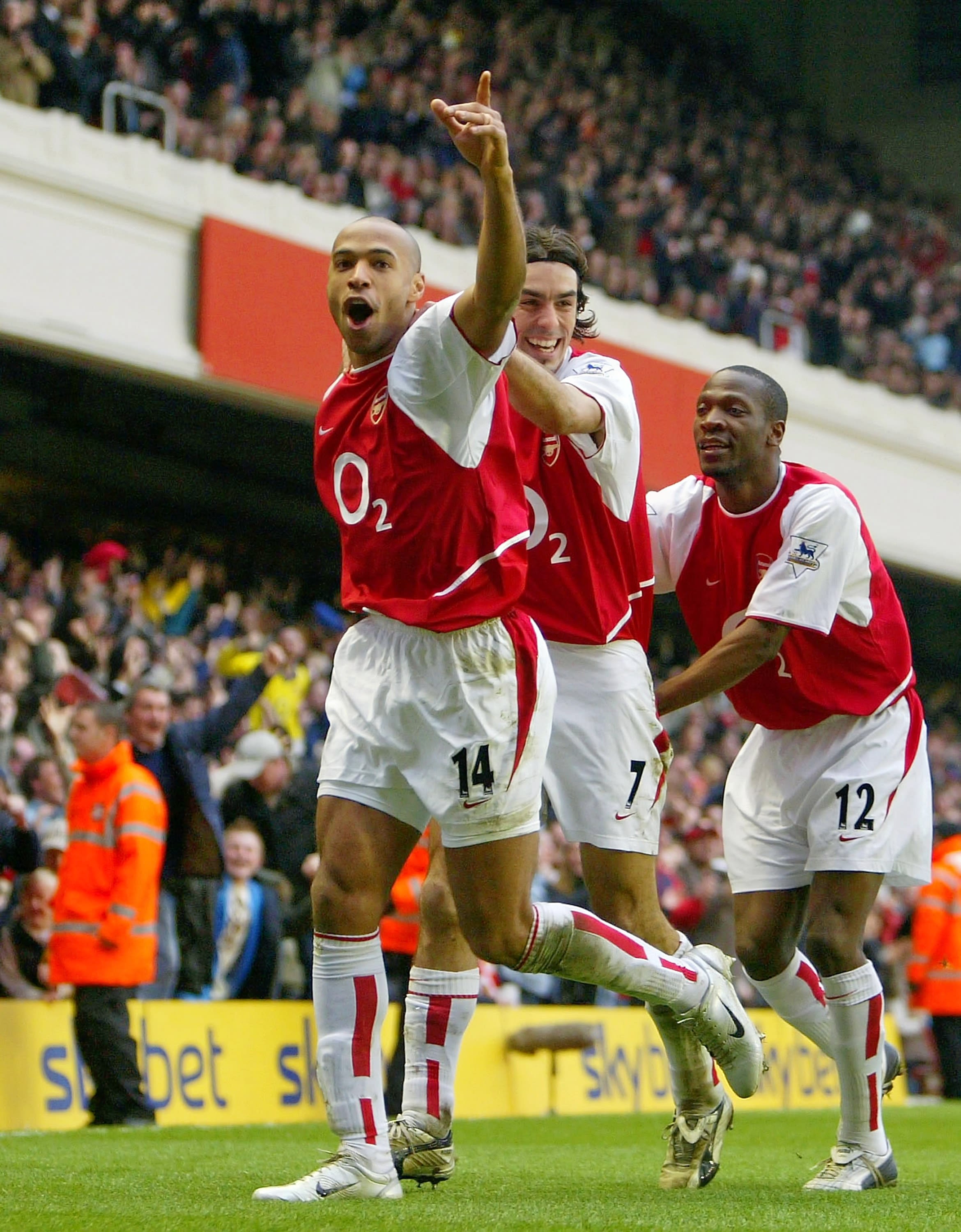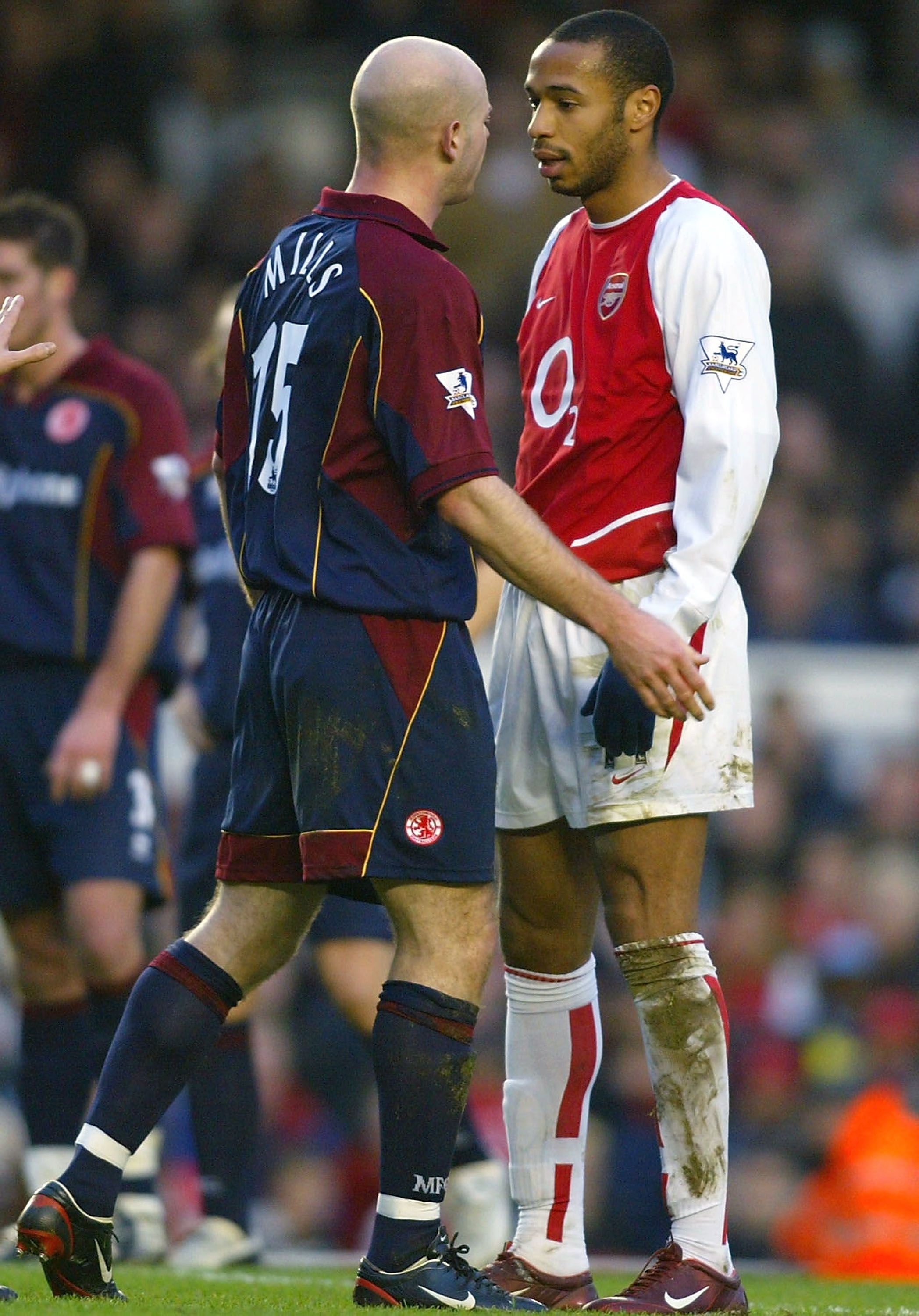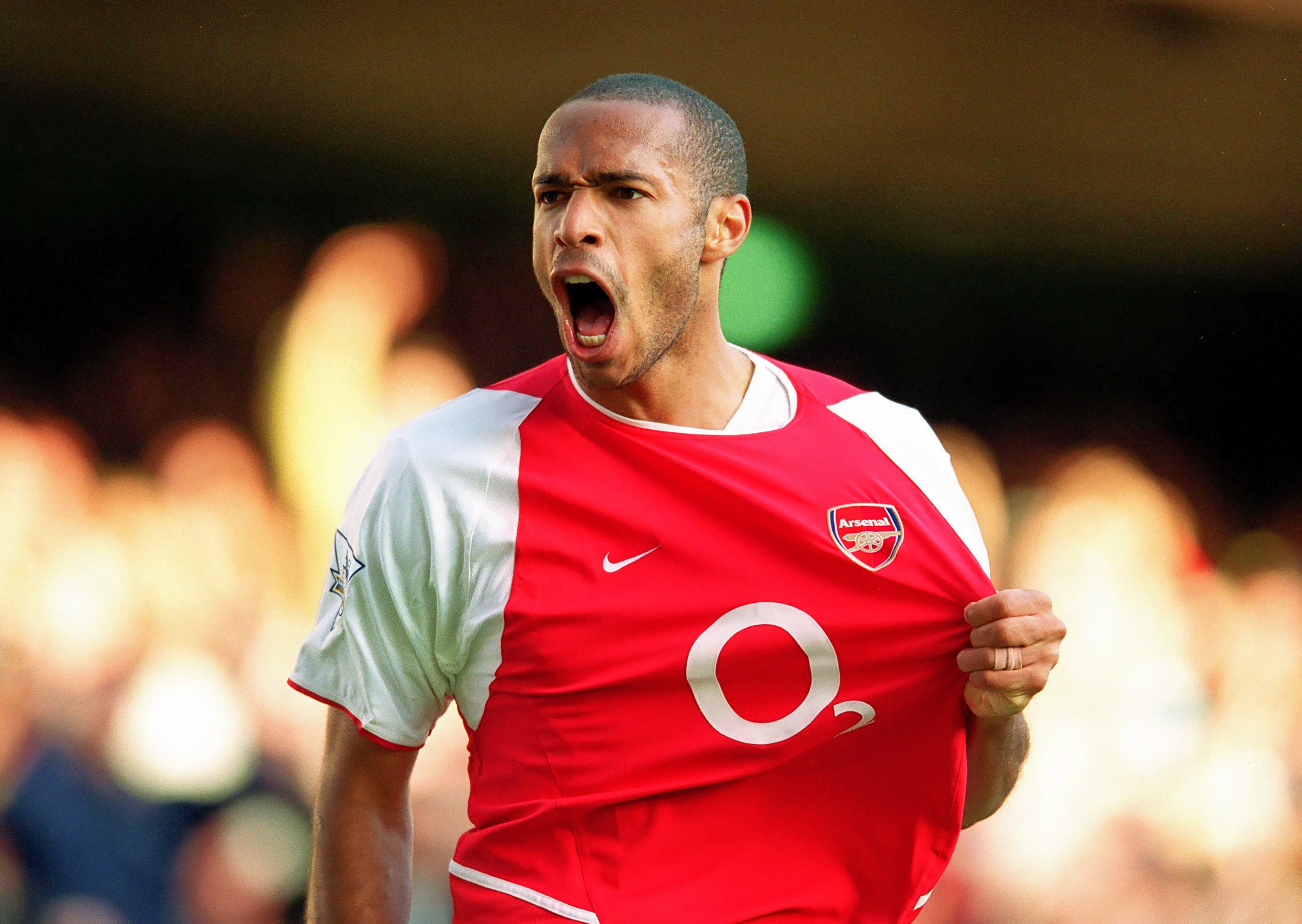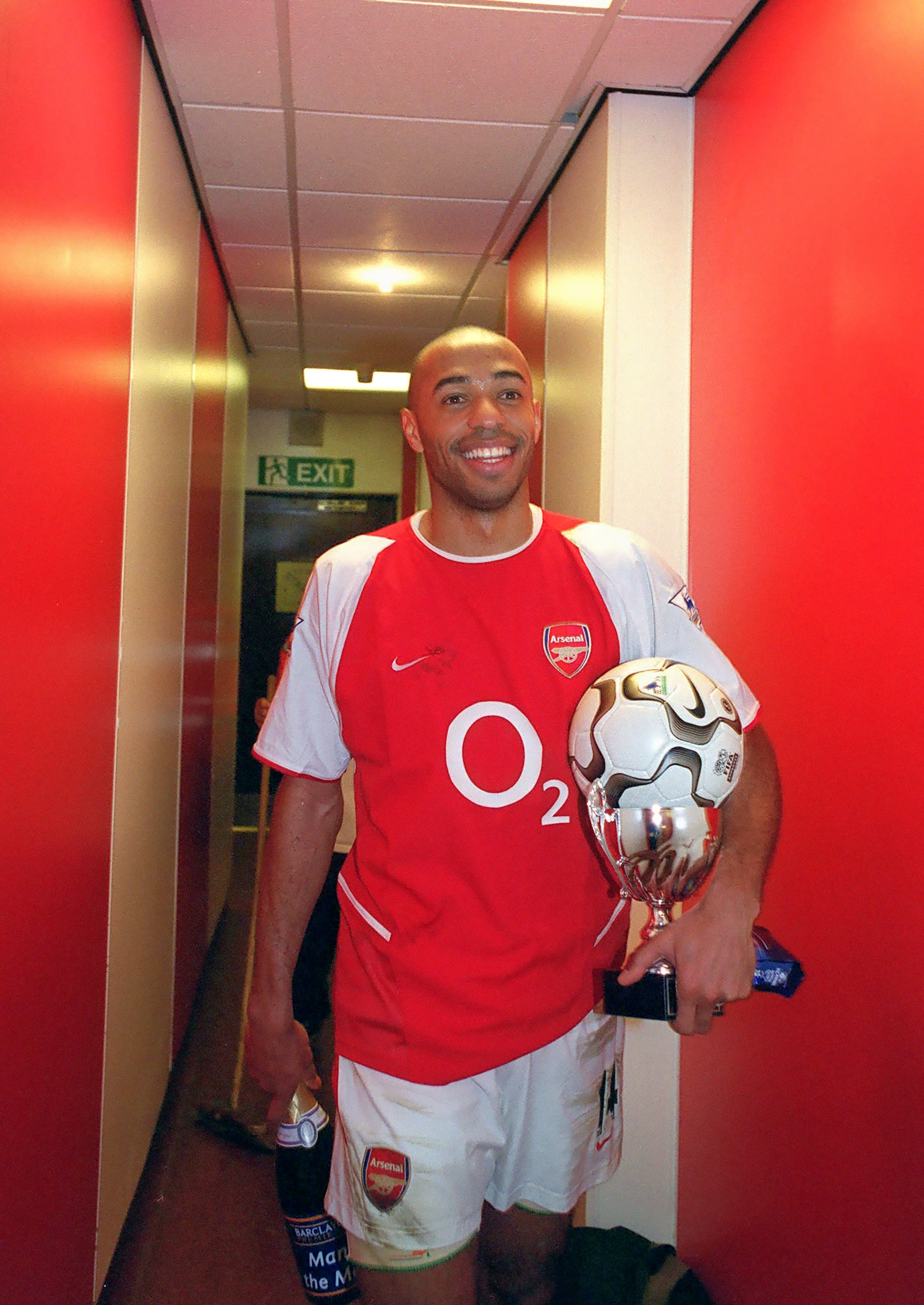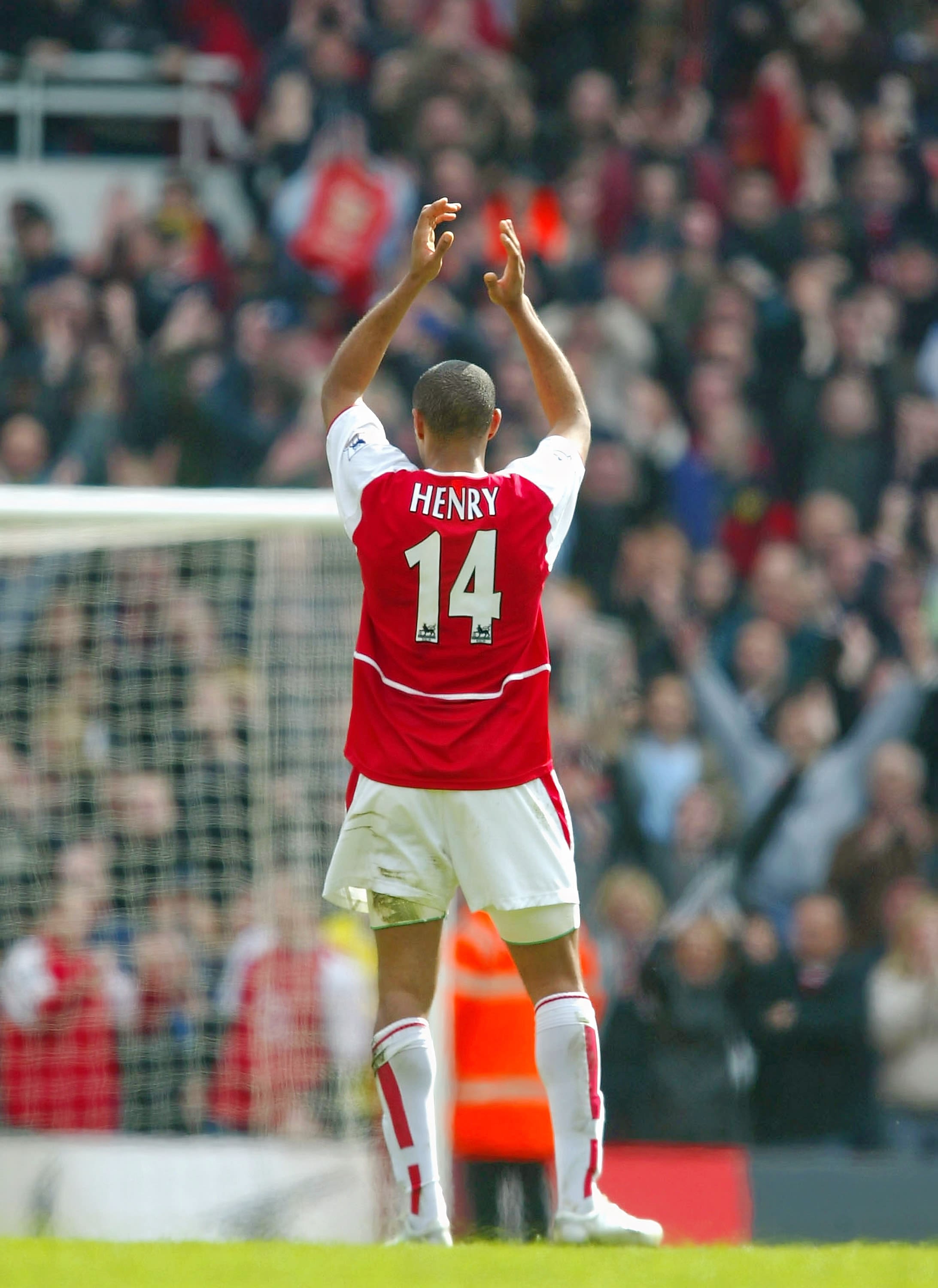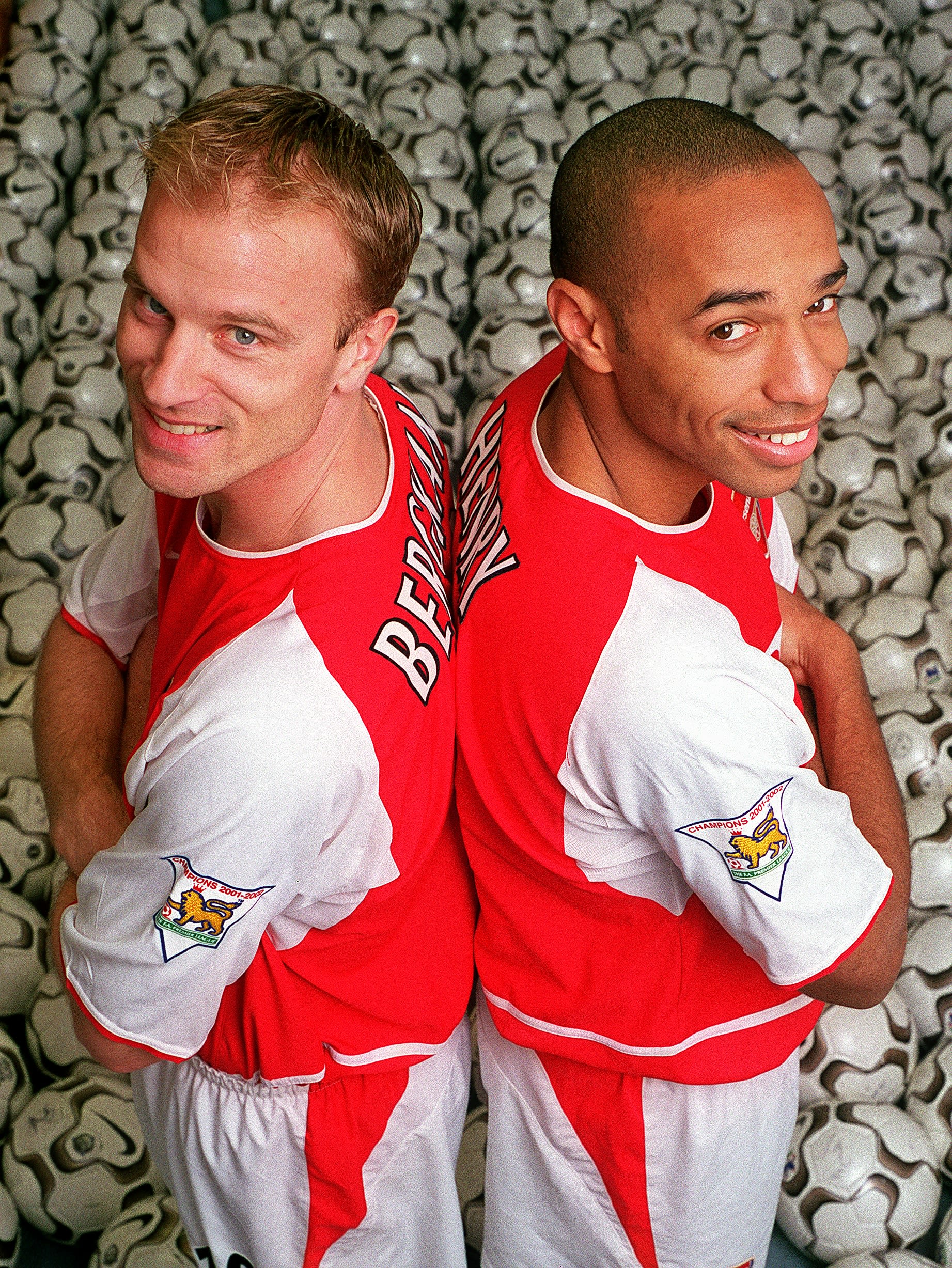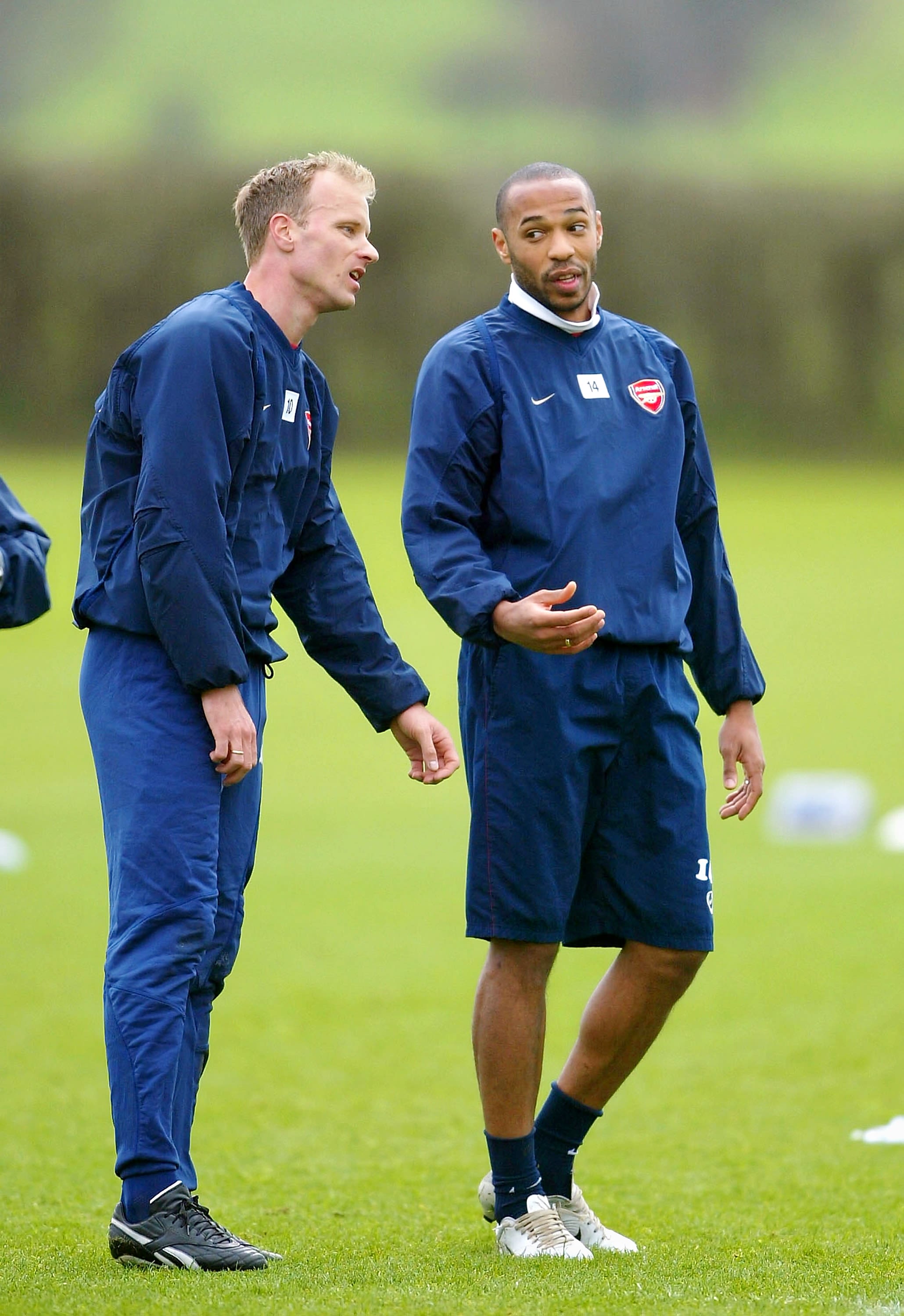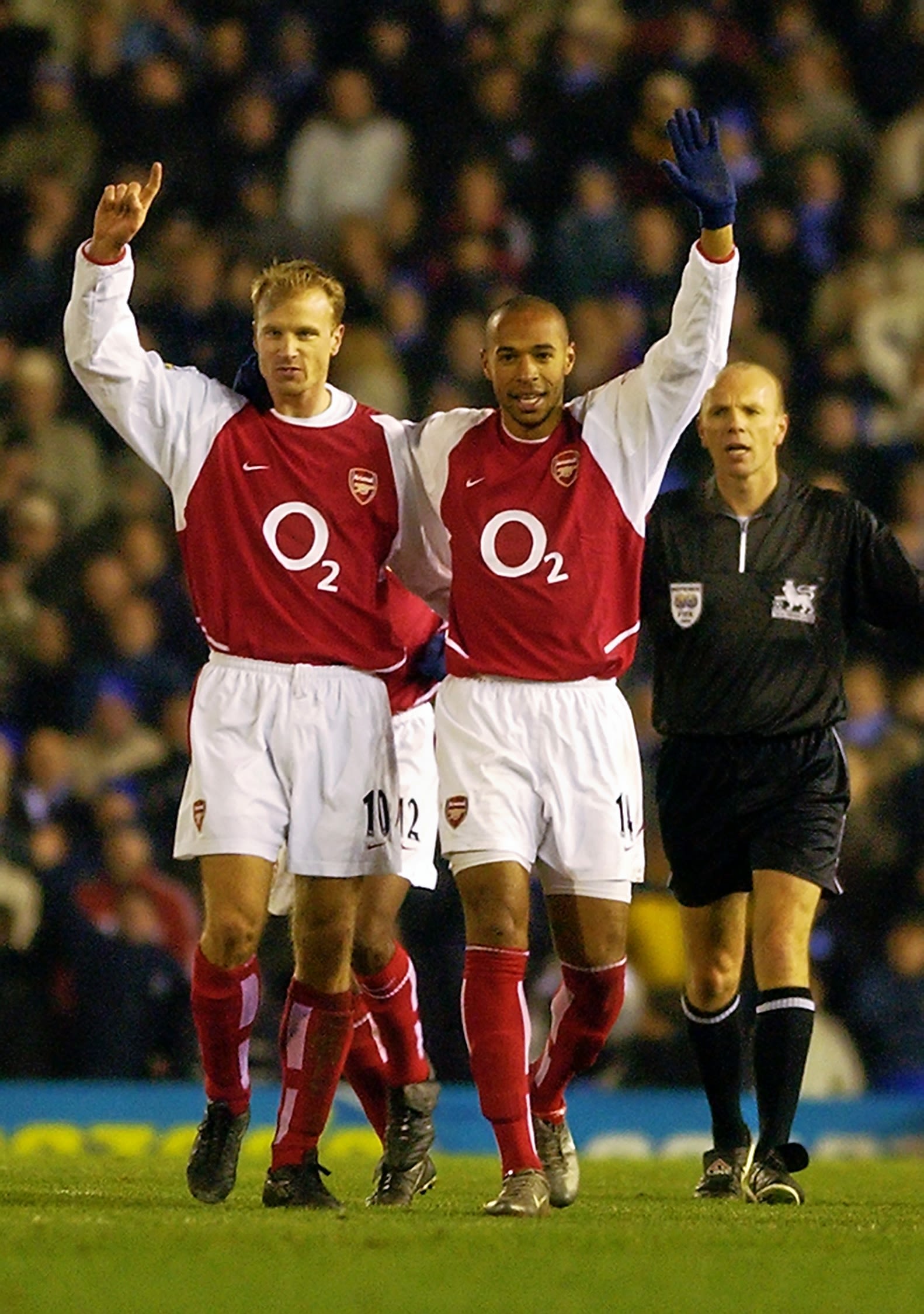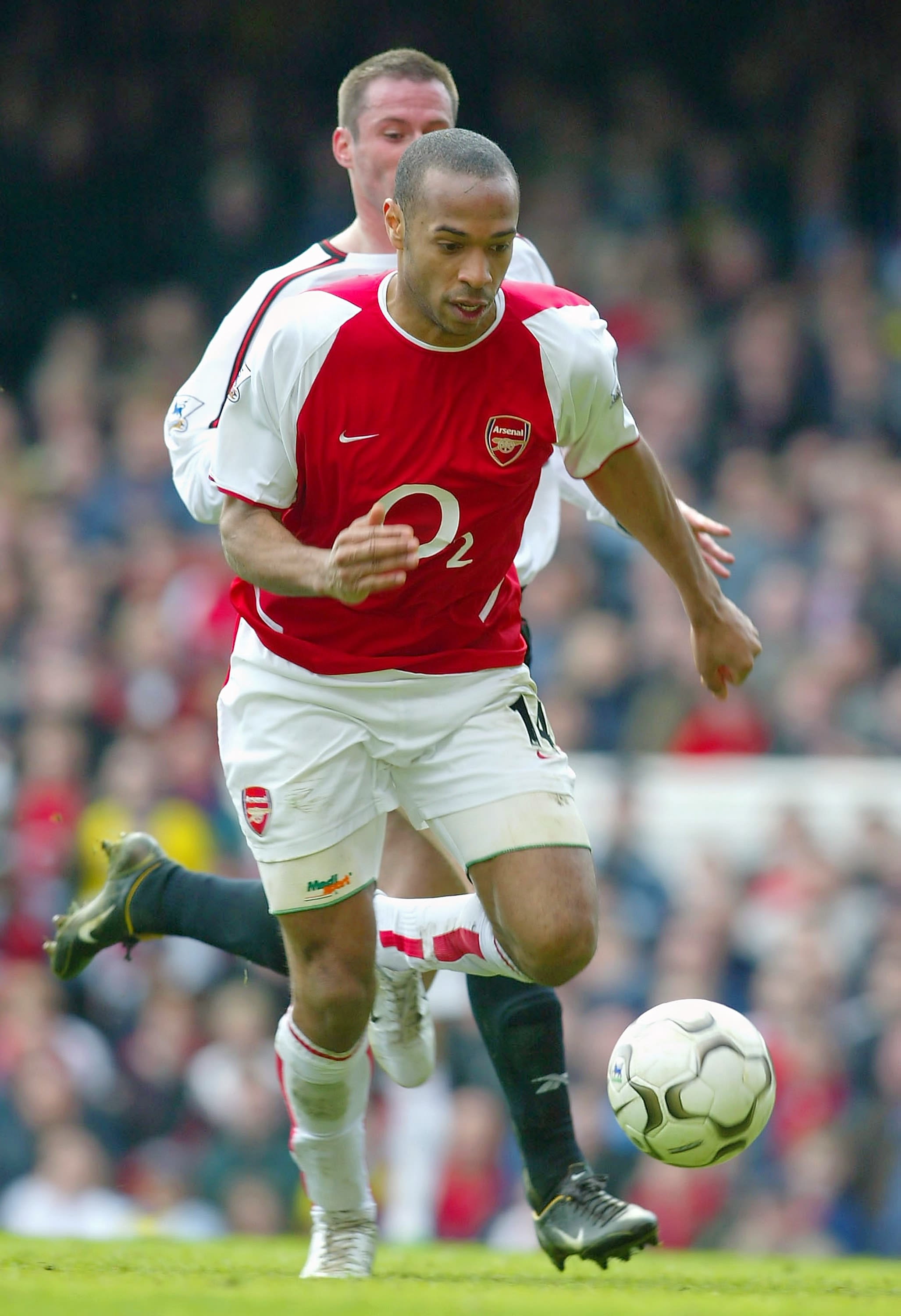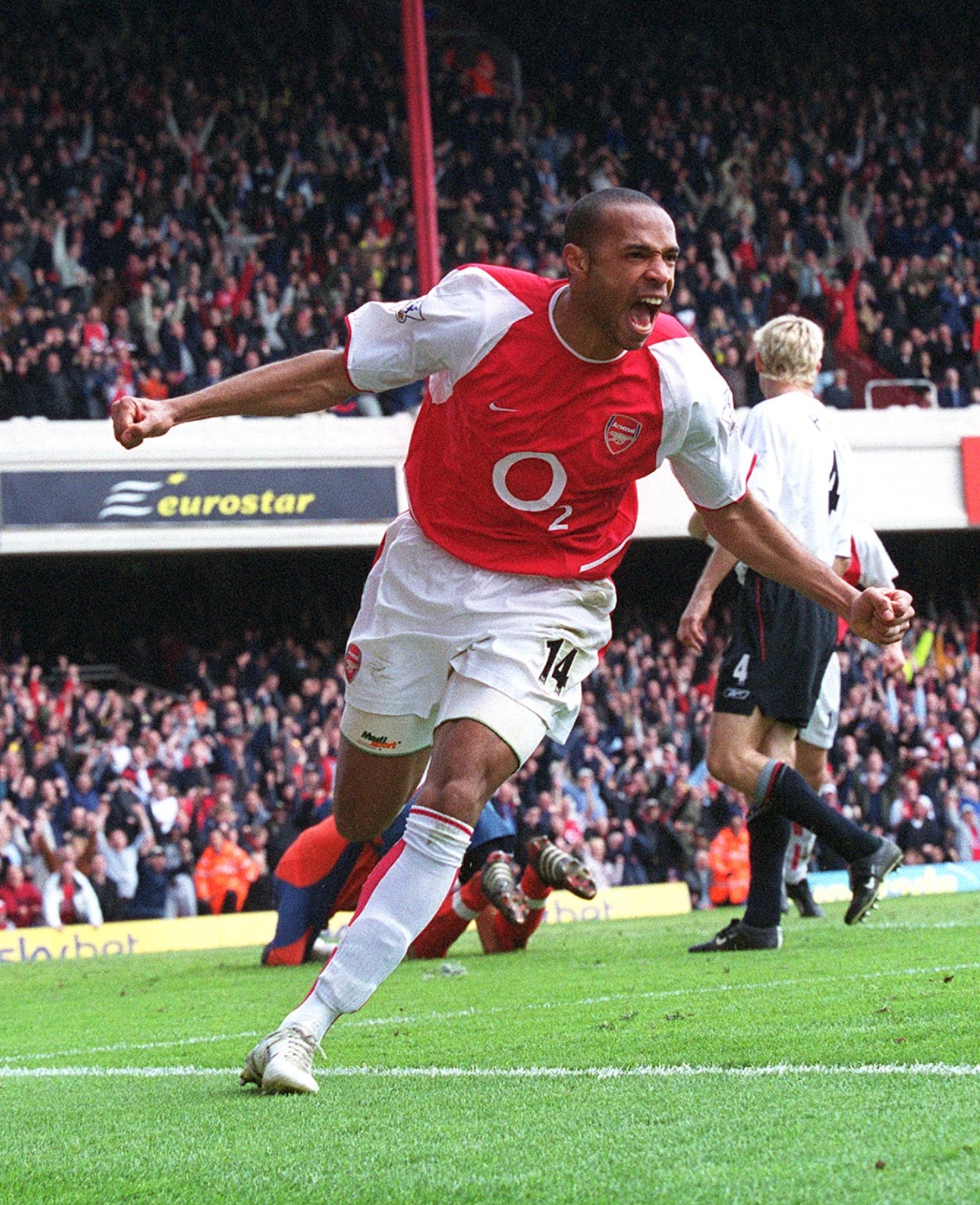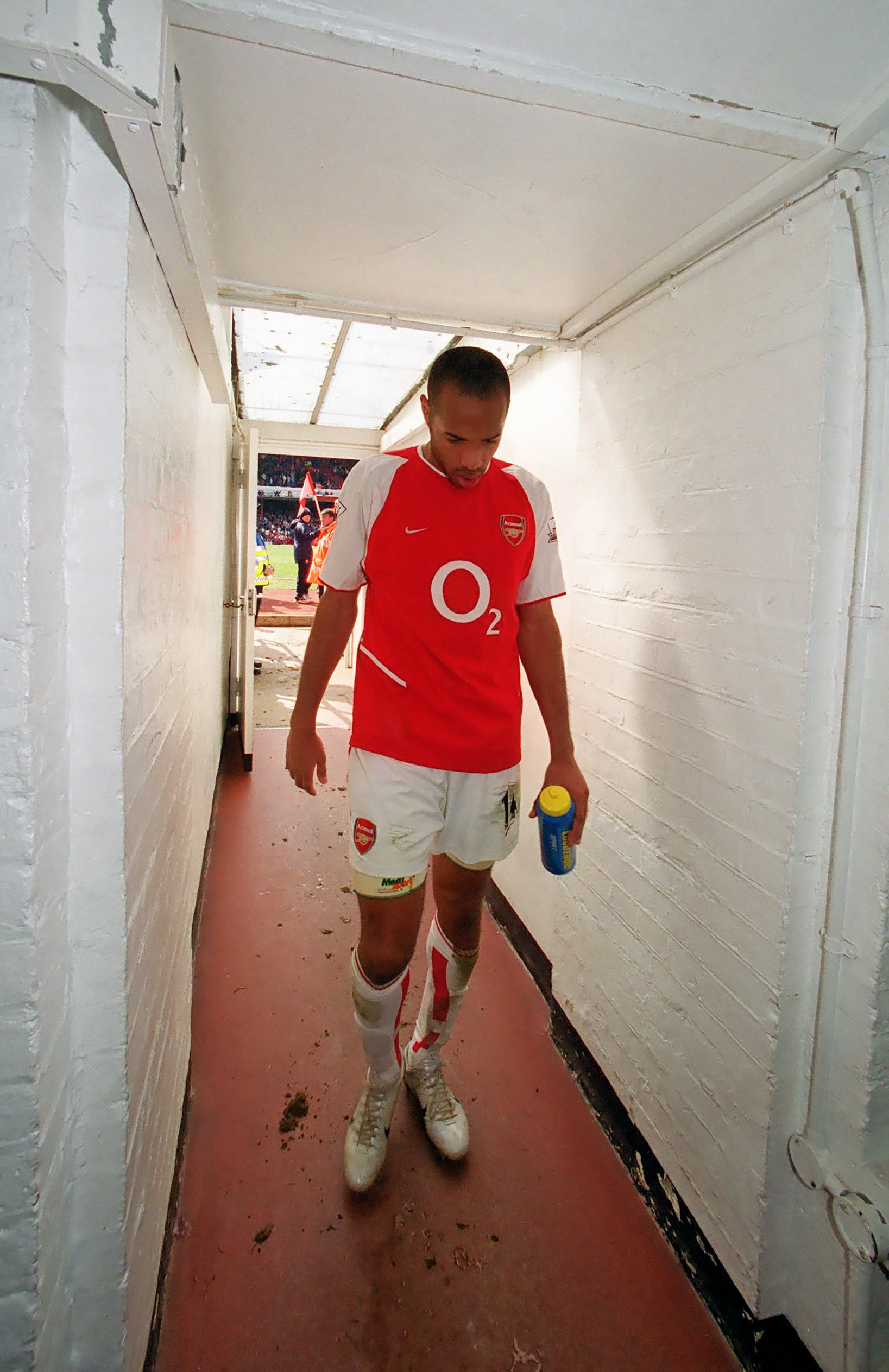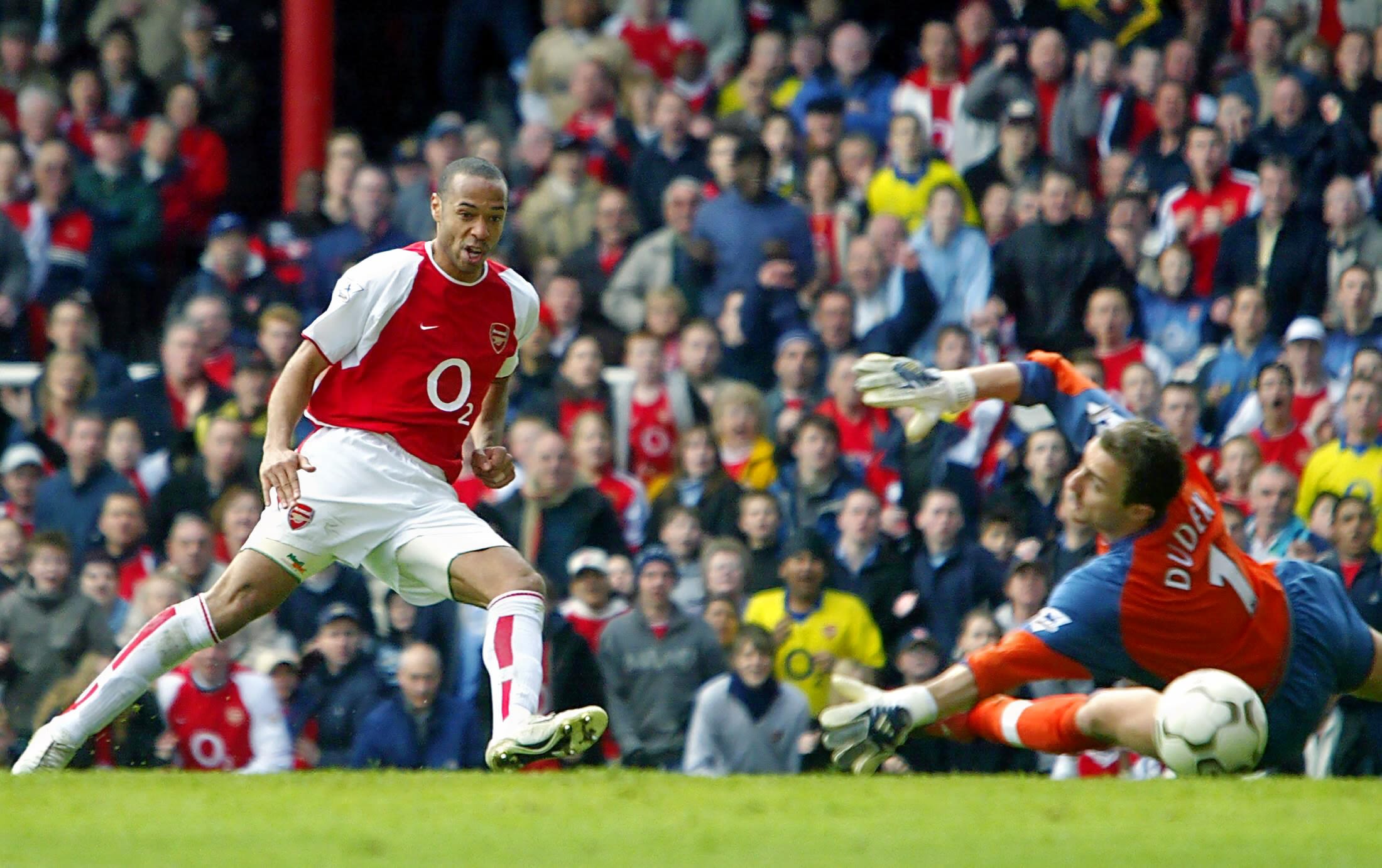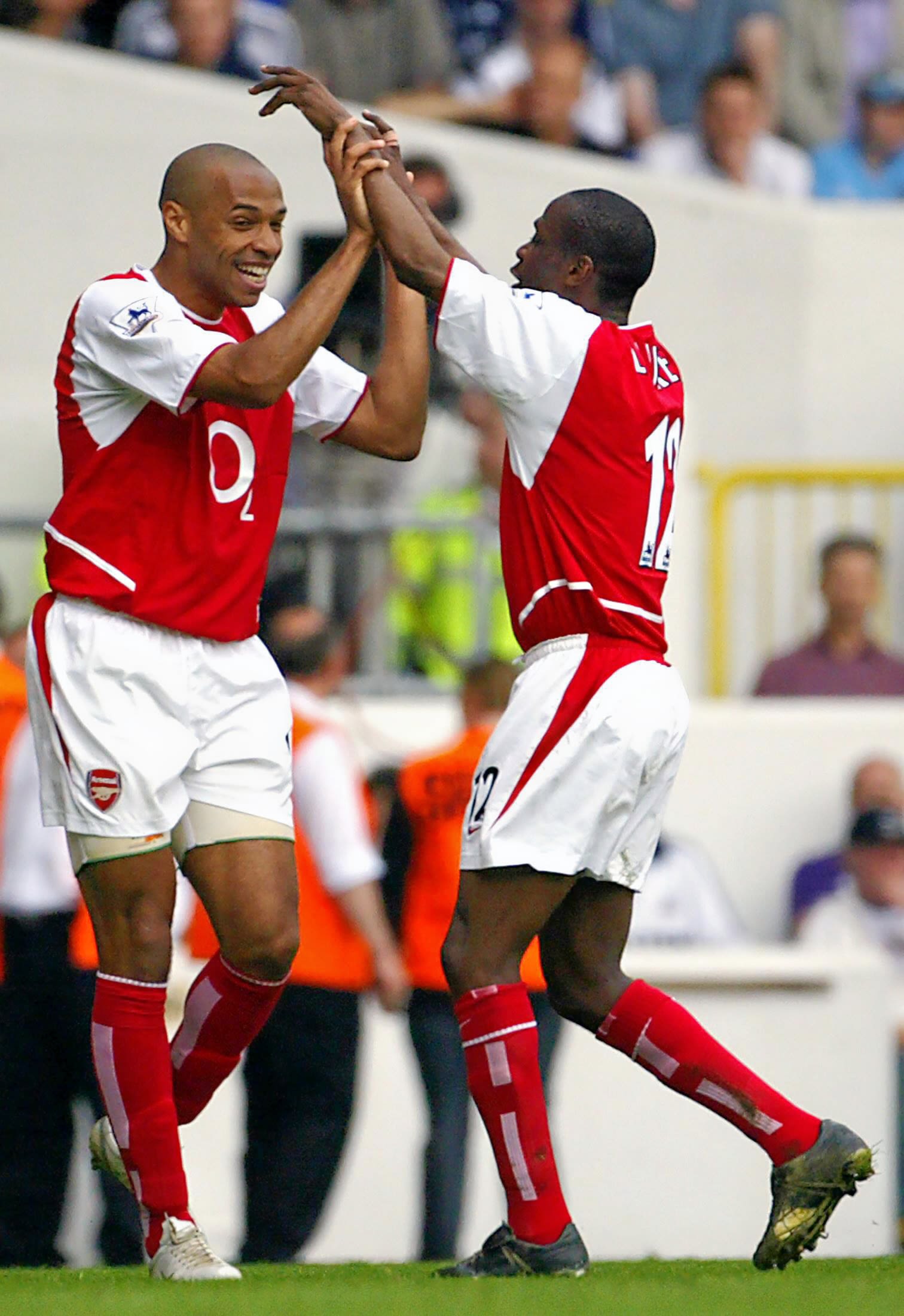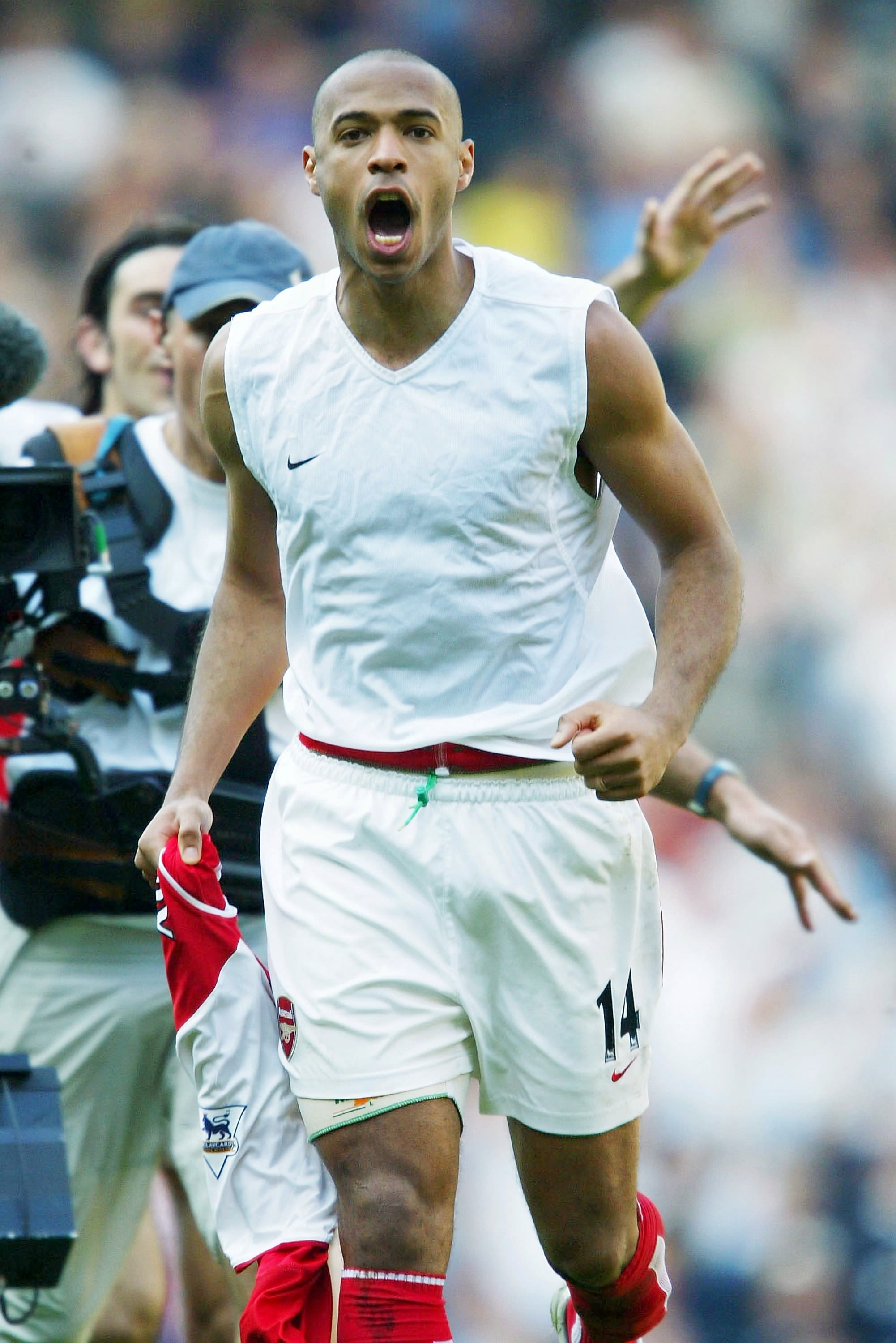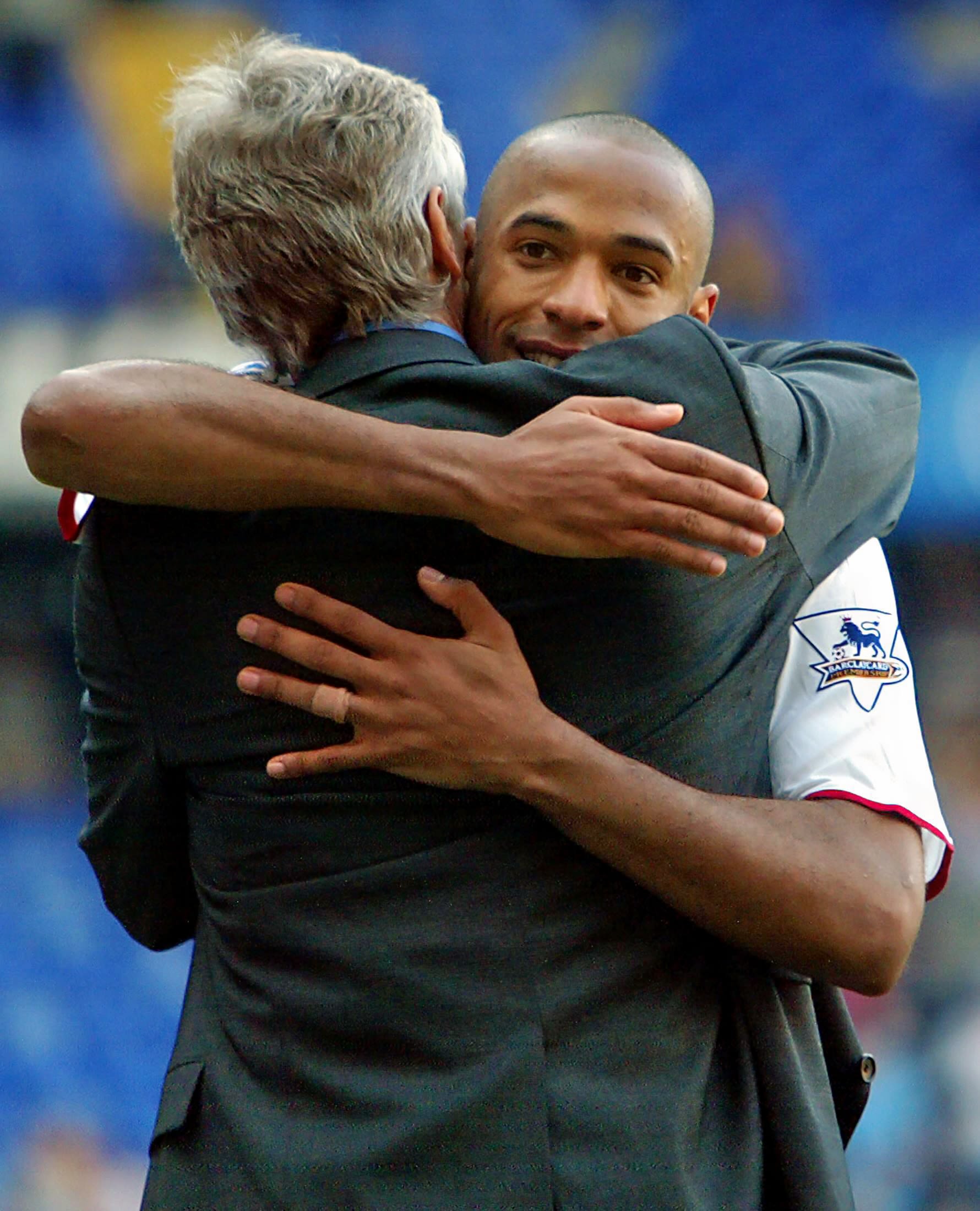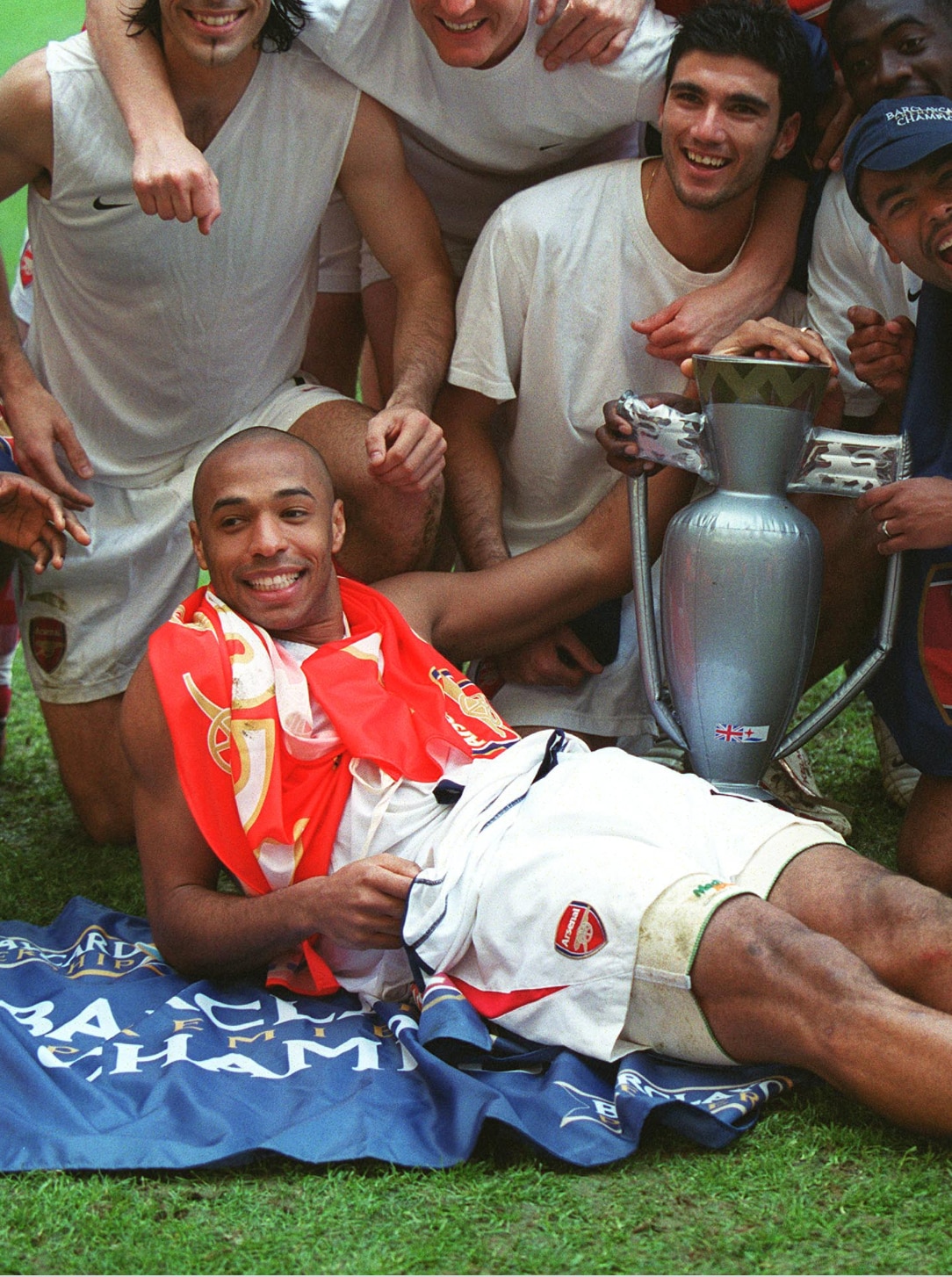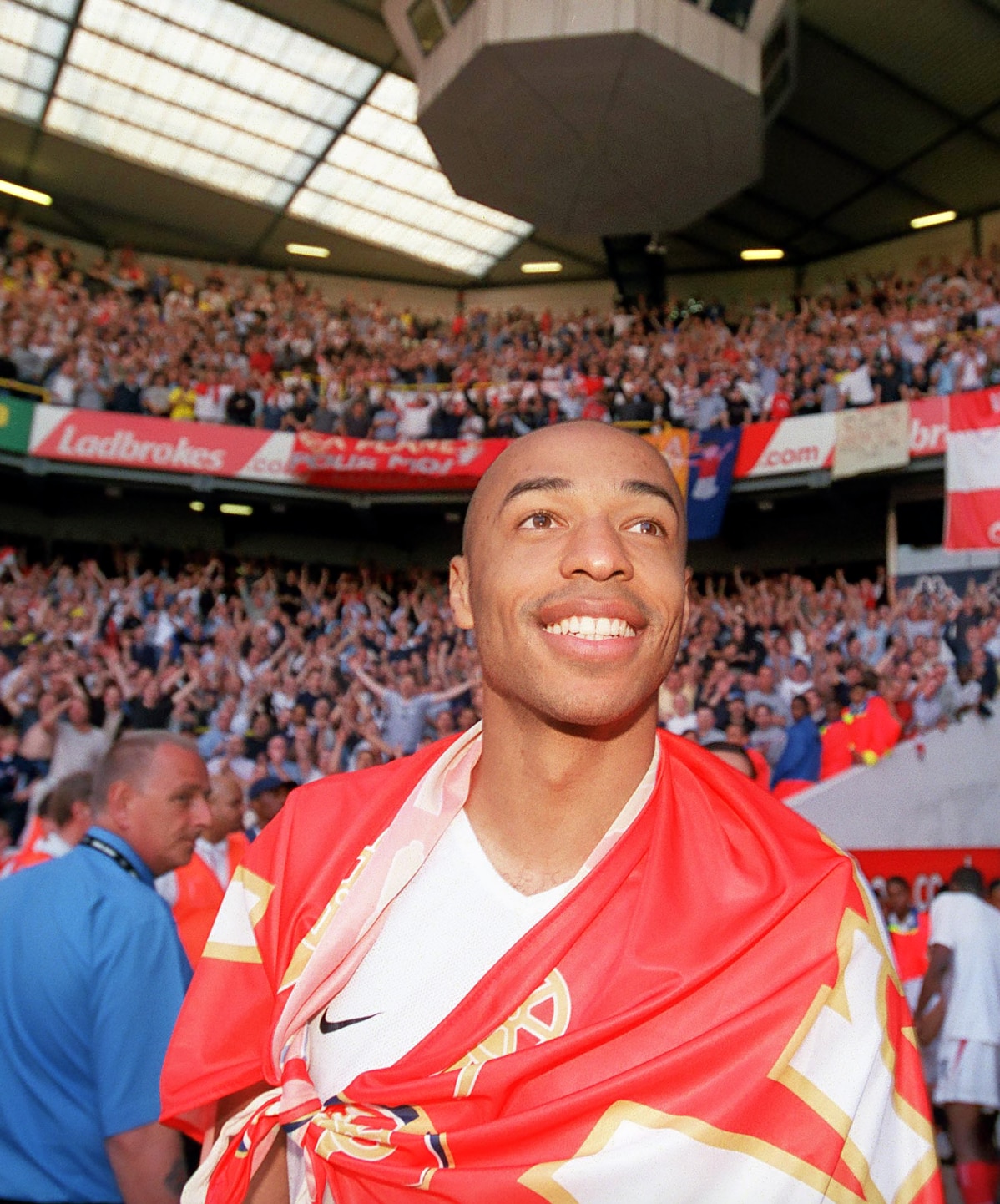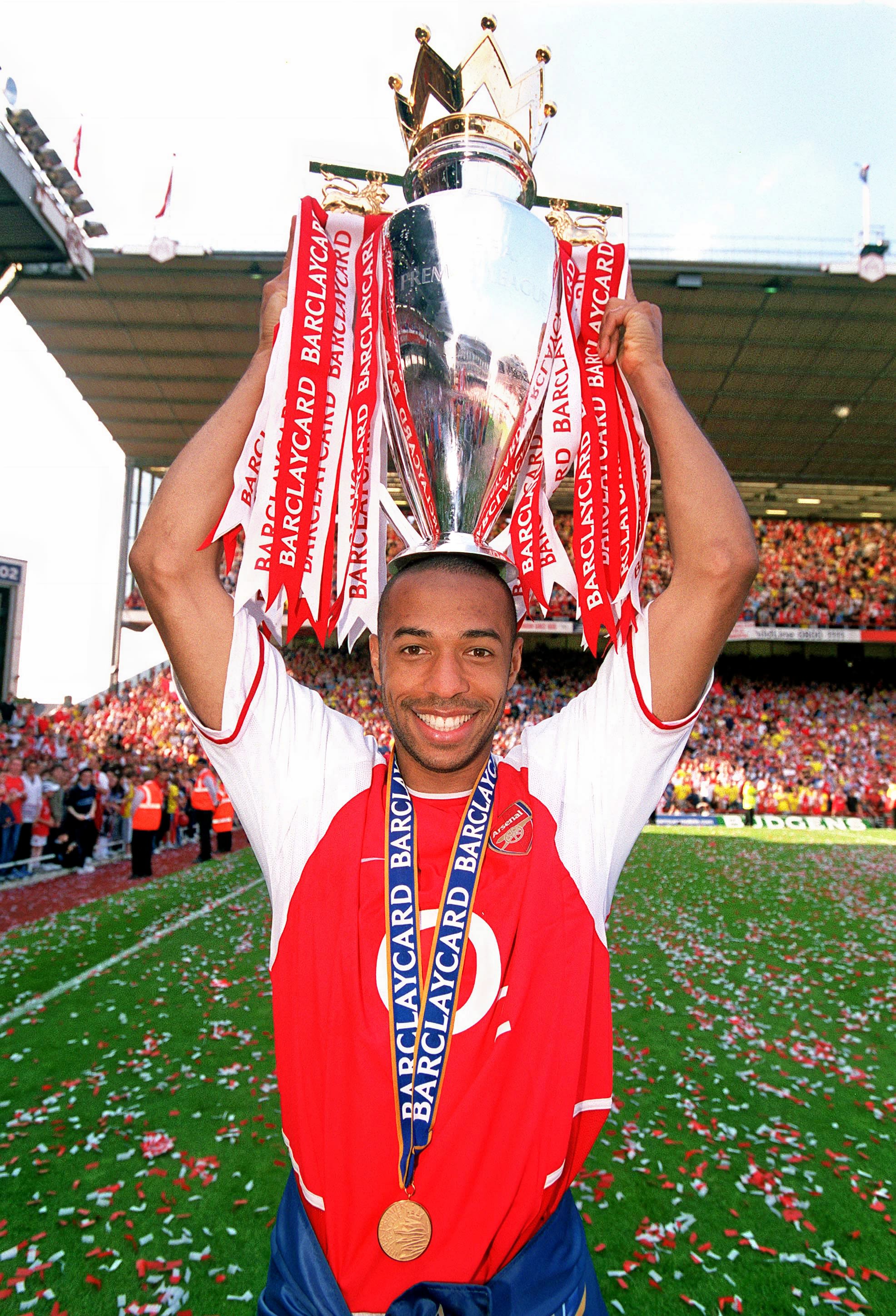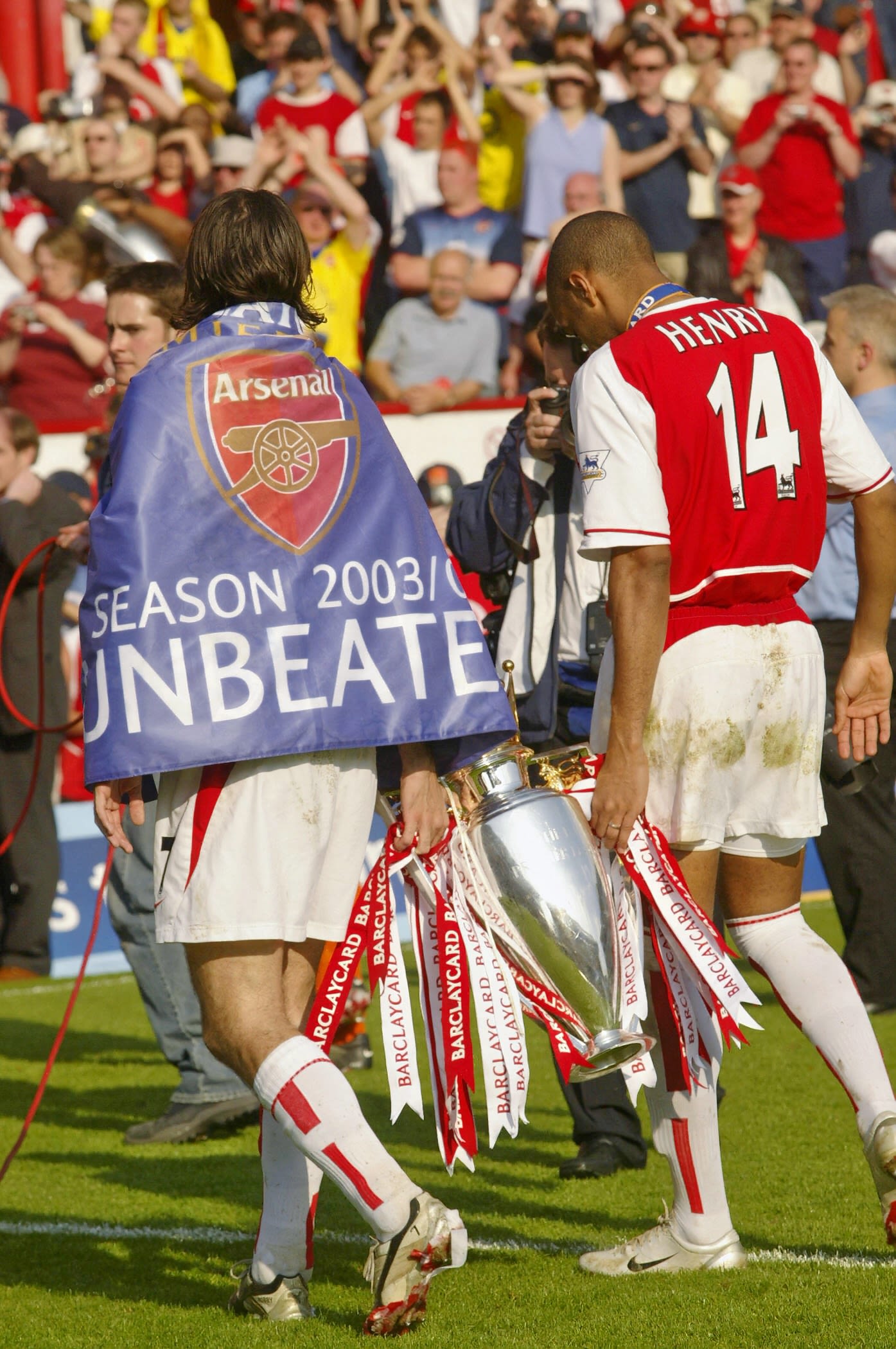Tales from the Invincibles
PATRICK VIEIRA
The captain and driving force of the Invincibles side, Vieira was undoubtedly one of the best players in the world during the early part of the millennium.
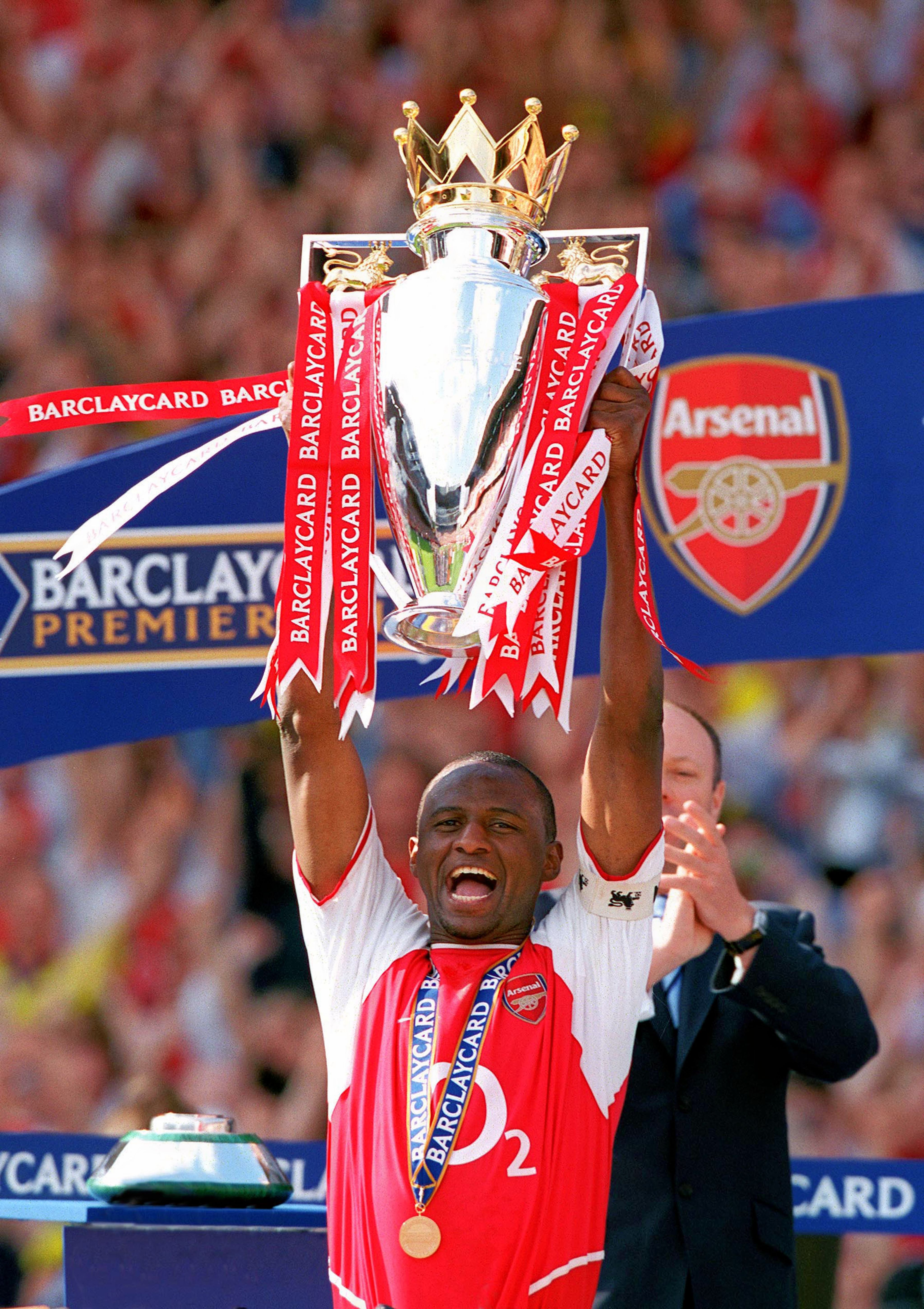
2003/04 was Patrick's eighth season with the club – his second as captain - having arrived at roughly the same time as Arsène Wenger in 1996.
By now 27 years old, he was a colossus in the centre of midfield, taking games by the scruff of the neck, leading by example, and often chipping in with crucial goals too. This title was his third at the club, and he was duly voted into the PFA Premiership Team of the Season for the sixth year running, coming third in the overall voting for the FWA Player of the Year.
He would spend one more season at the club, leaving for Juventus after lifting the FA Cup for the fourth time in May 2005 – his final kick for the club was the winning penalty in the shootout.
In all he played 406 appearances for us – enough to place him 19th in the all-time Arsenal appearance list – and also won the FA Cup, European Championships and Confederations Cup with France while with Arsenal.
After leaving he won three league titles for Inter Milan before moving into management, and is now in charge of Ligue 1 side Strasbourg.
We caught up with him recently to take him back to that incredible season.
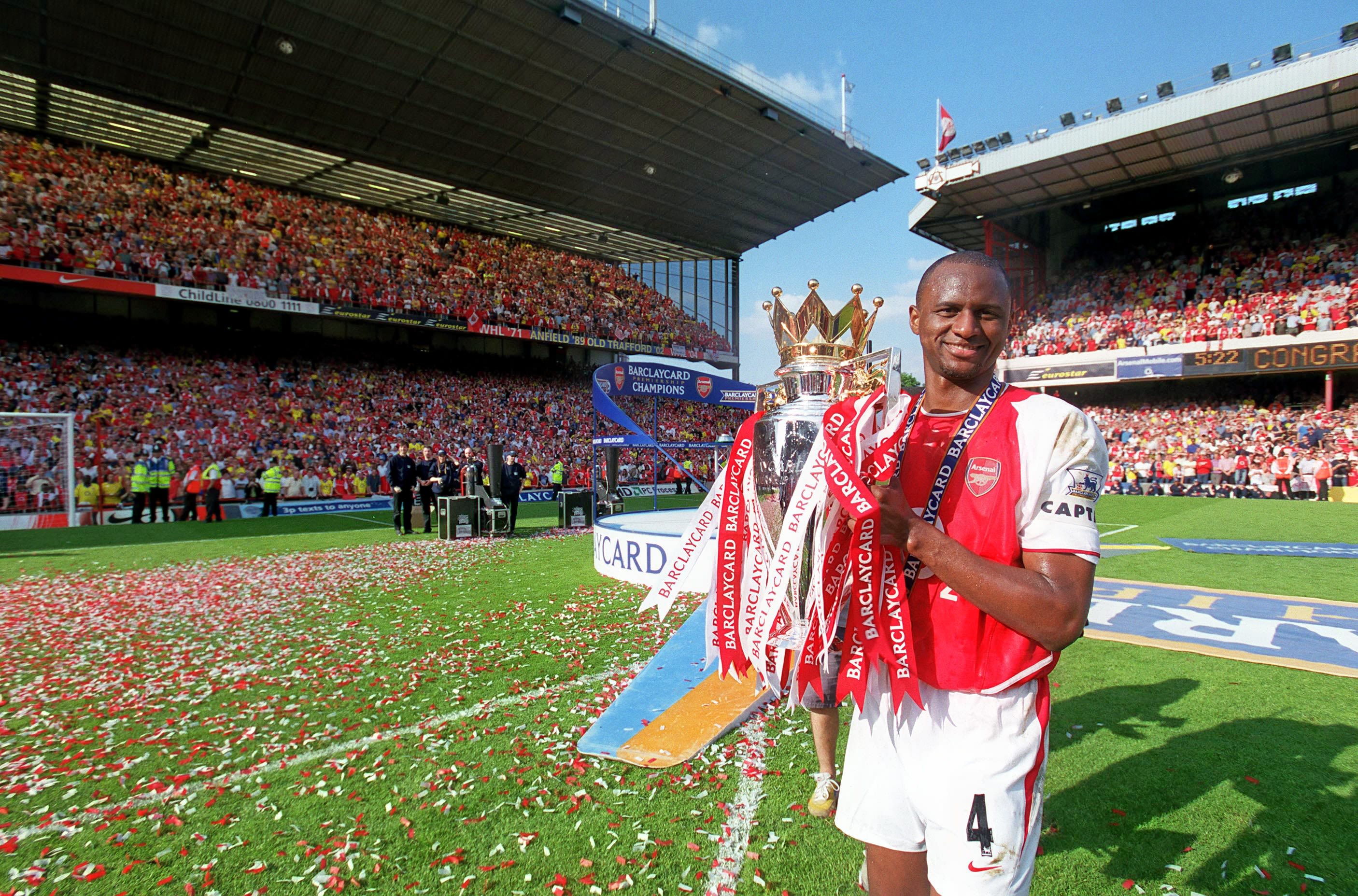
You had just signed a new contract with us in the summer of 2003, you must have been full of confidence going into the new season?
I remember as a group we were feeling confident, but I don’t think we were arrogant enough to say we would definitely win it. We knew we would be competitive throughout the season, but obviously the only one who thought we could stay unbeaten was Arsène!
Over the years since I had joined, the club had managed to build a really competitive team, with competitive players in every position. So the culture had really built through the years, the team got stronger and stronger, and I felt that going into that season.
how comfortable did you feel at the club by the start of 2003/04?
I felt really at home and the players who were there before made it really easy for me to learn everything about the club. When I arrived the back five was still there – Tony Adams, Martin Keown, David Seaman and the others – so there was no better way for me to understand what it meant to be part of this football club.
I understood what my role and responsibility was when those guys weren’t there anymore, it was to keep alive the values of the football club. I think Arsène managed to bring players who could take responsibility too, and it all resulted in that great season.
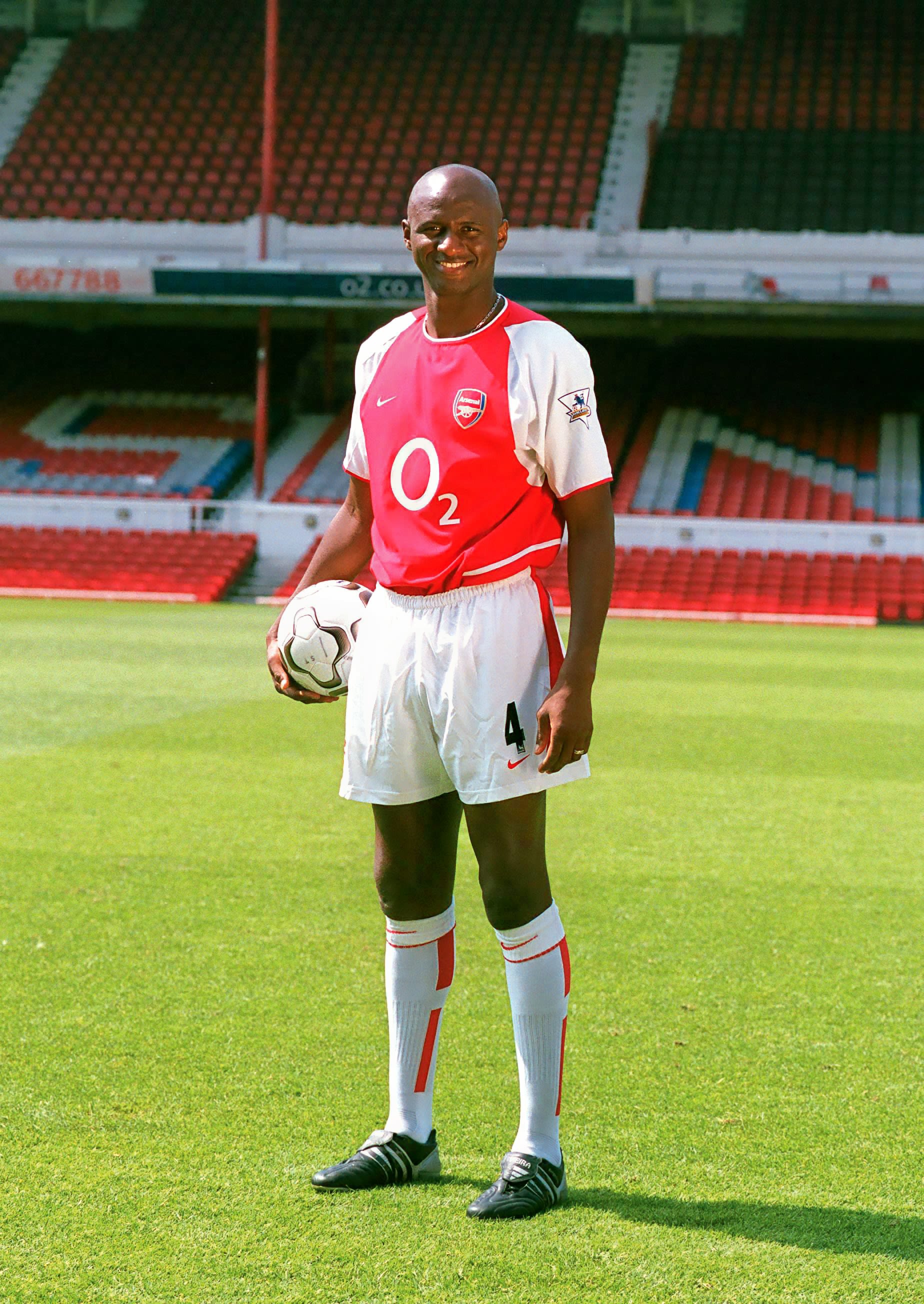

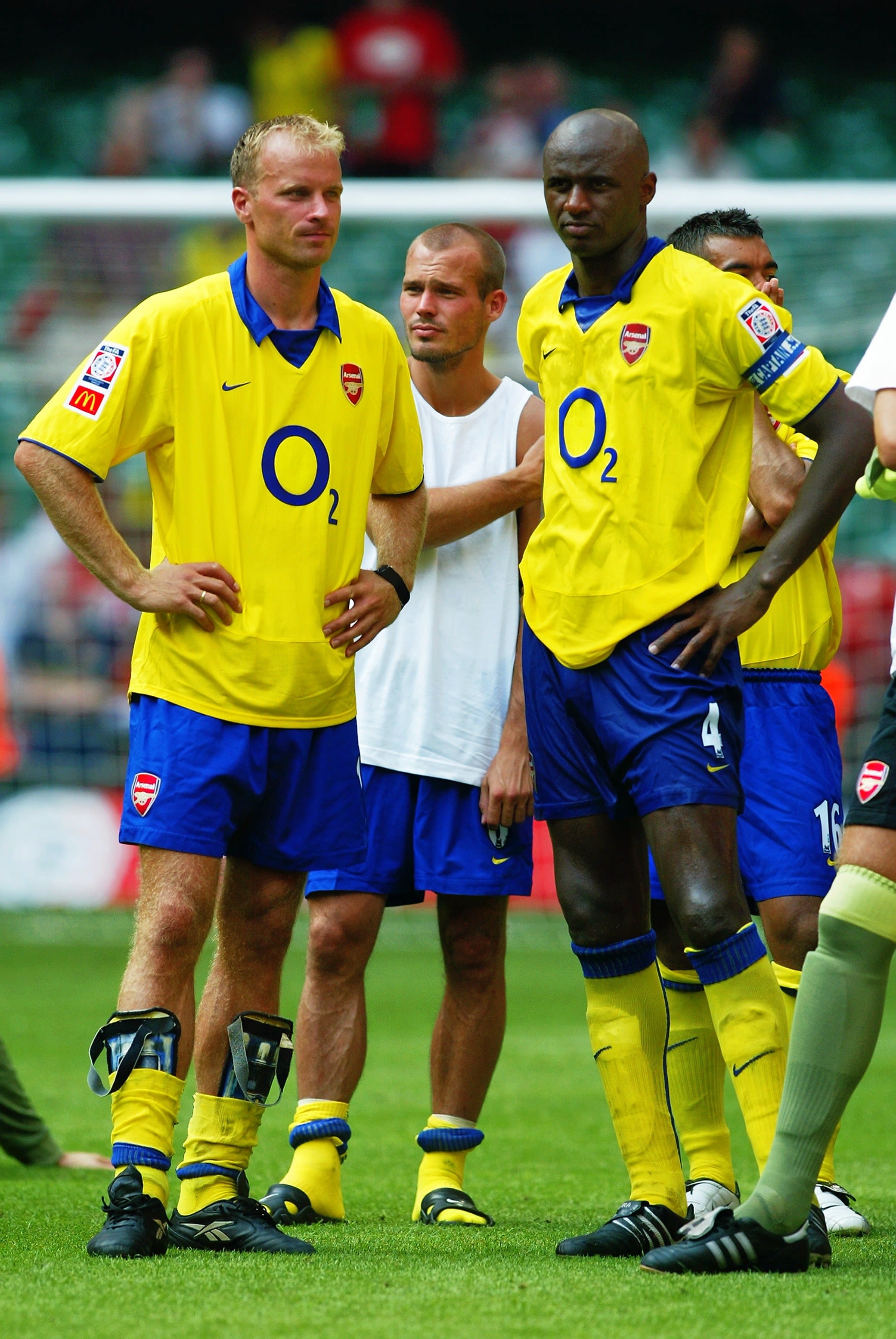
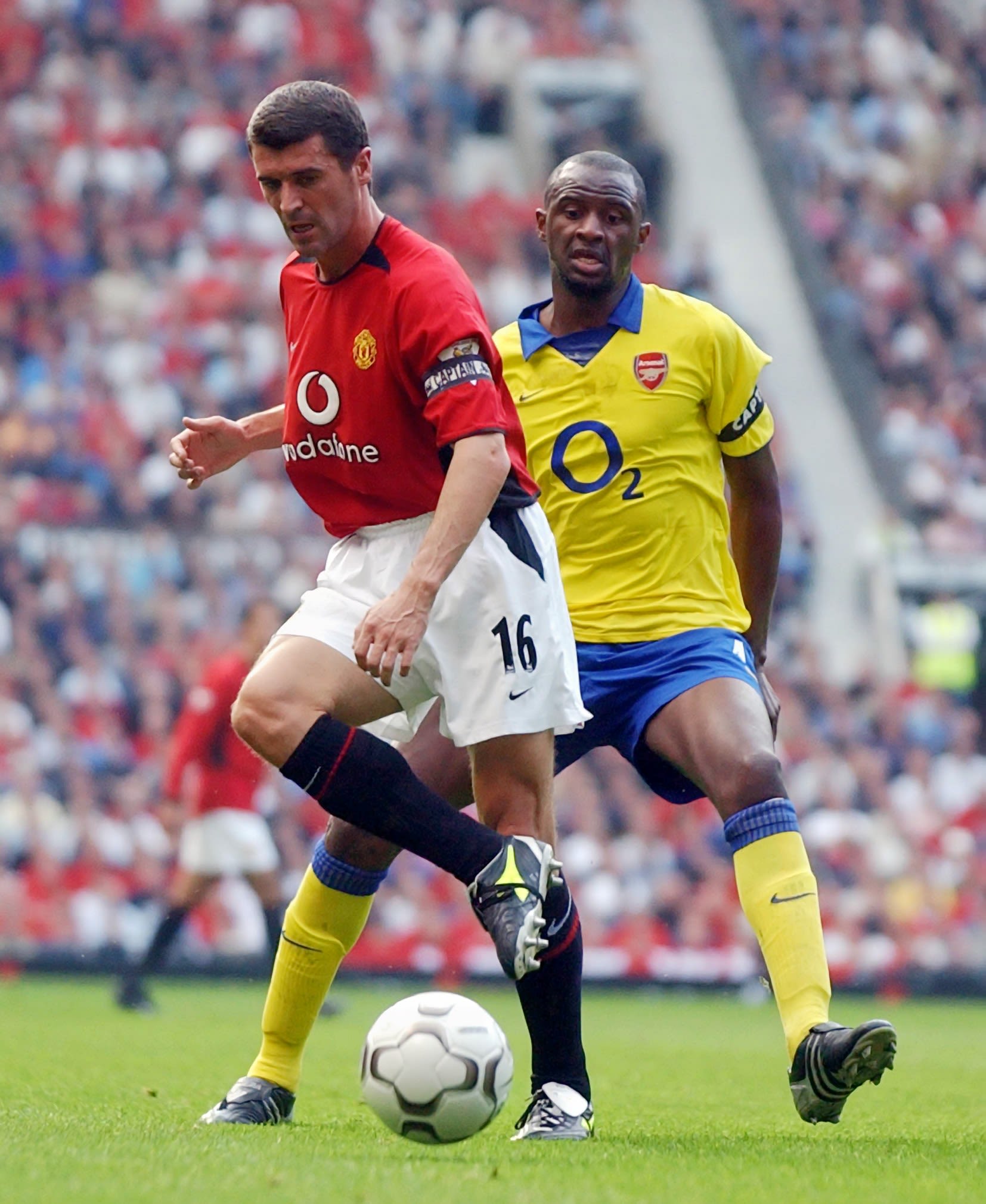
The season started with the Community Shield against Manchester United, what do you remember of that match?
Not much to be honest! I remember we were very disappointed to lose, because we wanted to win every game we played. We wanted to make a statement and say that this would be our season. But what I think happened is that losing that game gave us even more motivation to work harder, because we knew that to win the league we’d have to finish above Manchester United, so we needed to improve to beat them.
We had the chance early in the season to play them again, at Old Trafford. When you look back on that afternoon now, 20 years on, what are your main memories?
When I look back at it, and see the images, and also talking to some of their players since then – it all makes me smile! But that game, that day, was all about the competitiveness between the two clubs – between the two sets of fans, and the players. For us, we knew how important that game was if we wanted to stay at the top. And for United, they wanted to stay as the top side in the country.
But at the same time, I believe they were feeling the pressure from Arsenal. Over the past couple of years we were on their toes, so that tension had grown over time. They were always huge games between us. Always really close, and of course difficult to play in.
"the culture had really built through the years, the team got stronger and stronger, and I felt that going into that season"
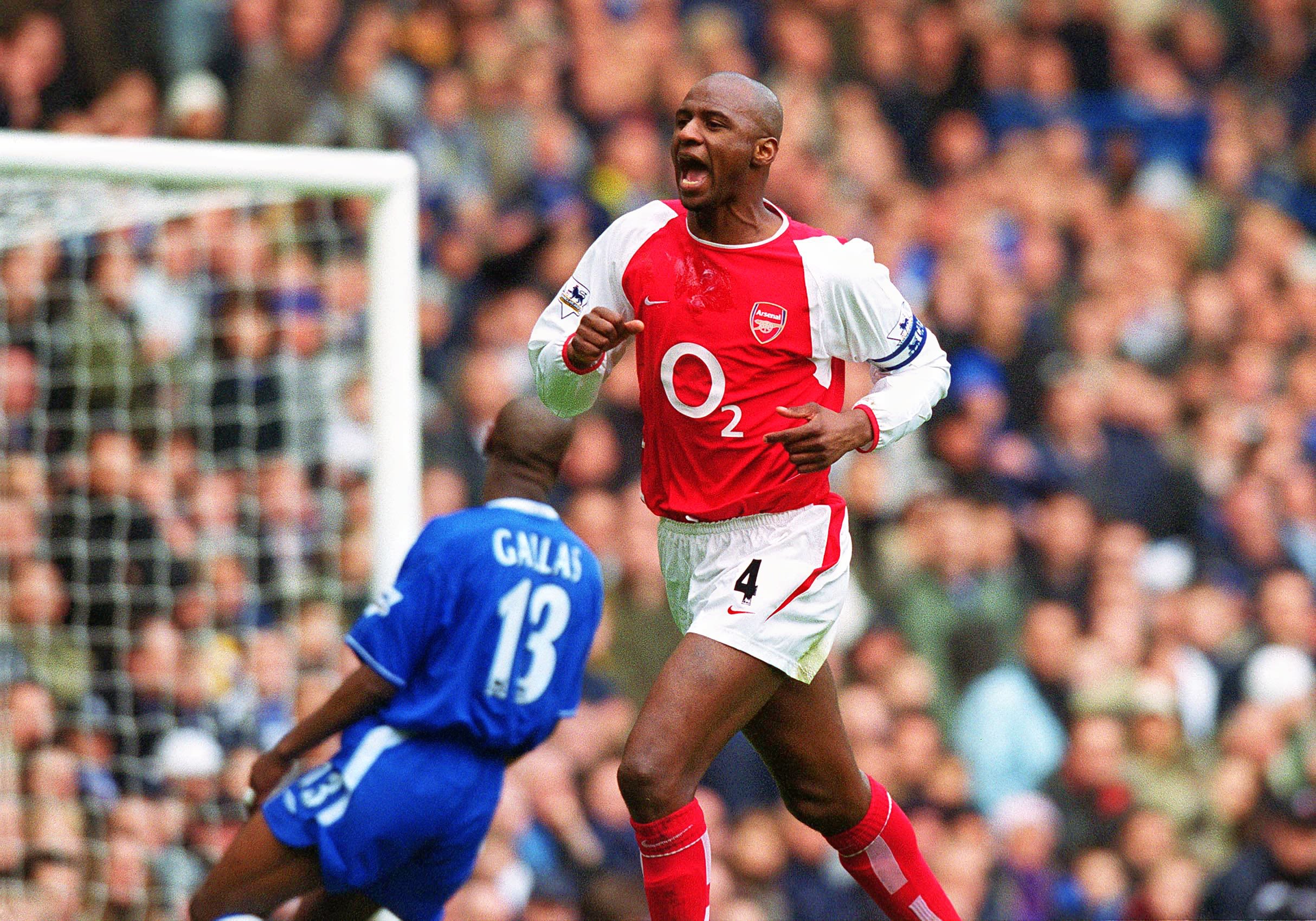
This particular meeting was one of the most intense. Did you miss all of the late drama though, as you had been sent off by then?
Yes, I had to go to the dressing room when I was sent off, and there wasn’t a screen in there, so I didn’t actually watch the penalty miss. I just knew it was missed of course, from the sounds of the stadium, but I didn’t know how.
I was in there with one of the masseurs, and then all the players came in after the final whistle, so they told me what had happened. Of course I was trying to work out what went on, but then I saw the pictures and watched it back, and I saw the ‘passion’ of Martin and all the details.
What were your emotions when you realised how the team had reacted to your red card and the penalty miss?
The strength of that team and that generation was our togetherness. We went on the field knowing we could back each other. We played some good football at times, of course, but it was not always spectacular. What was spectacular was our competitiveness, our winning mentality and having players who would put their head where others would put their feet.
We were a team that never gave up, because we had players who could win a game from nothing, so that gave the rest of us the belief that we could always score goals.
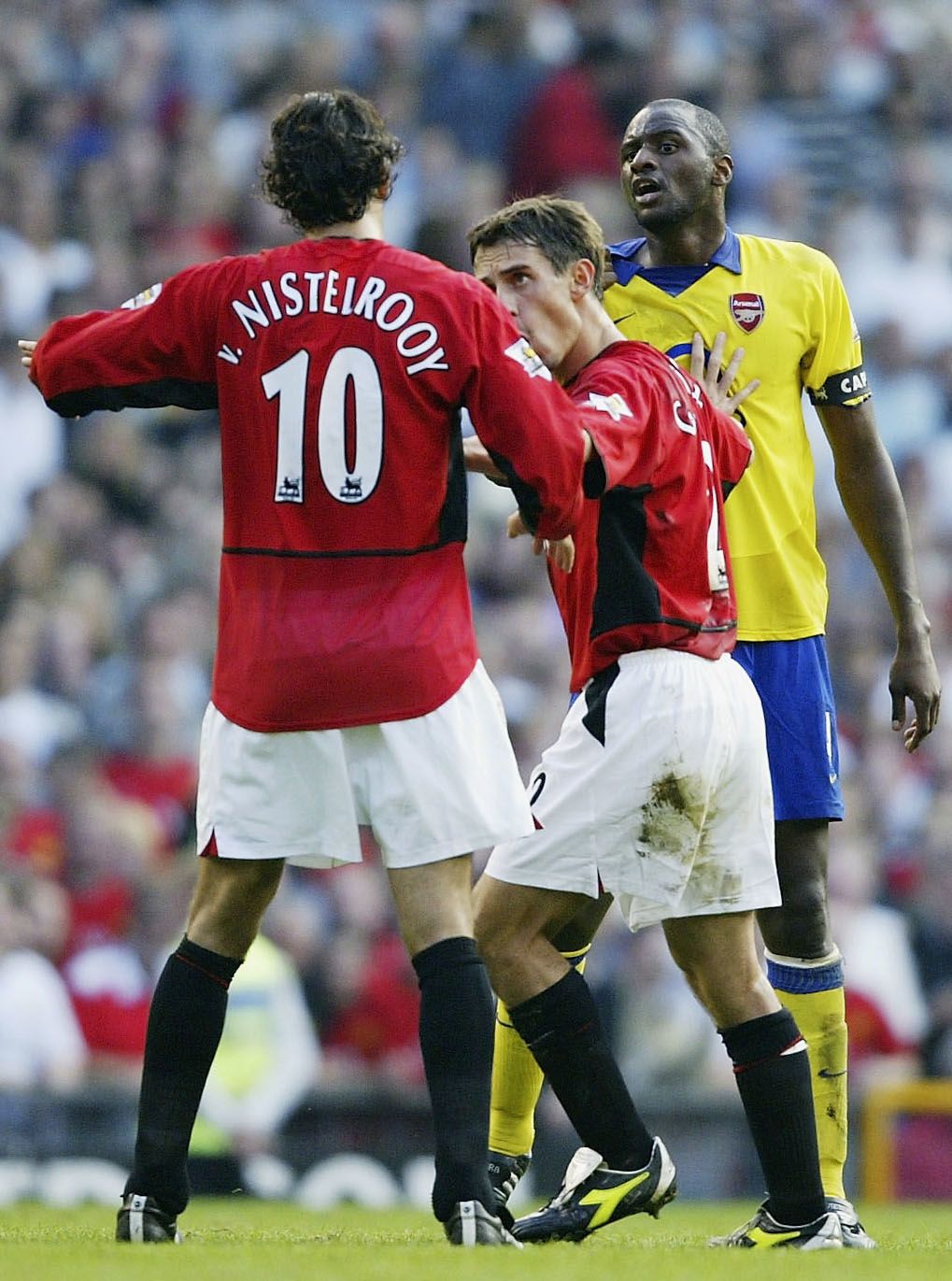
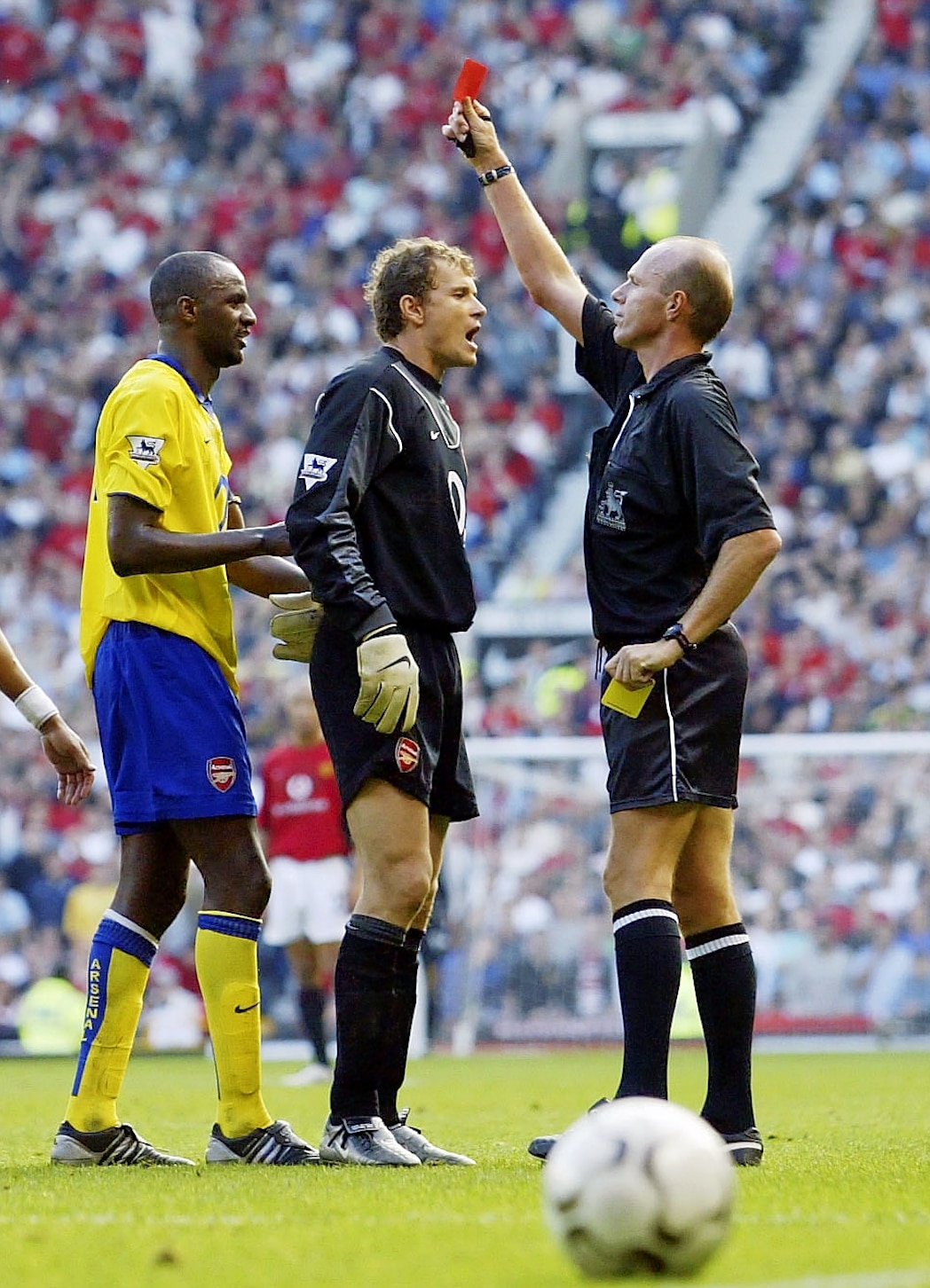
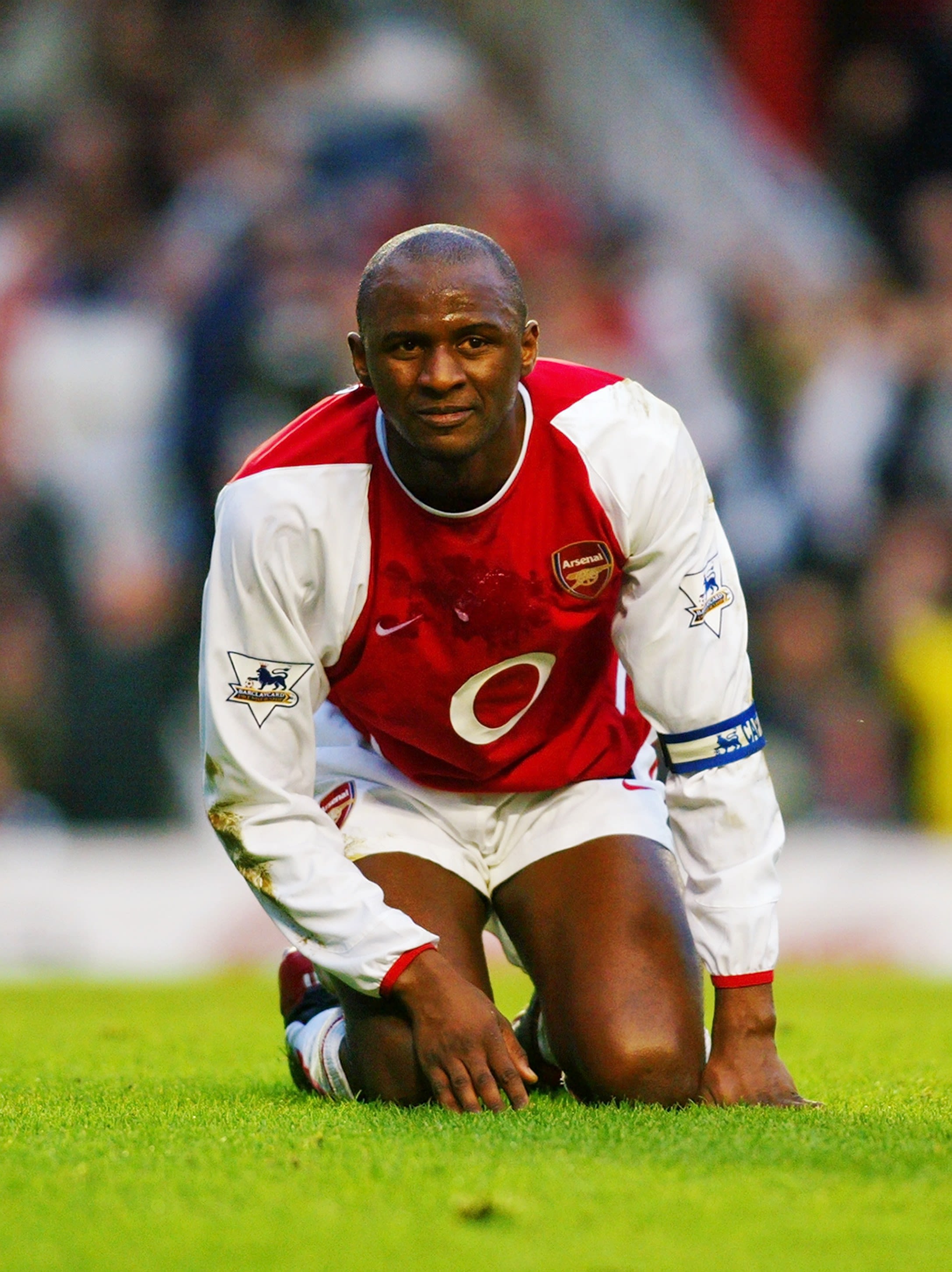
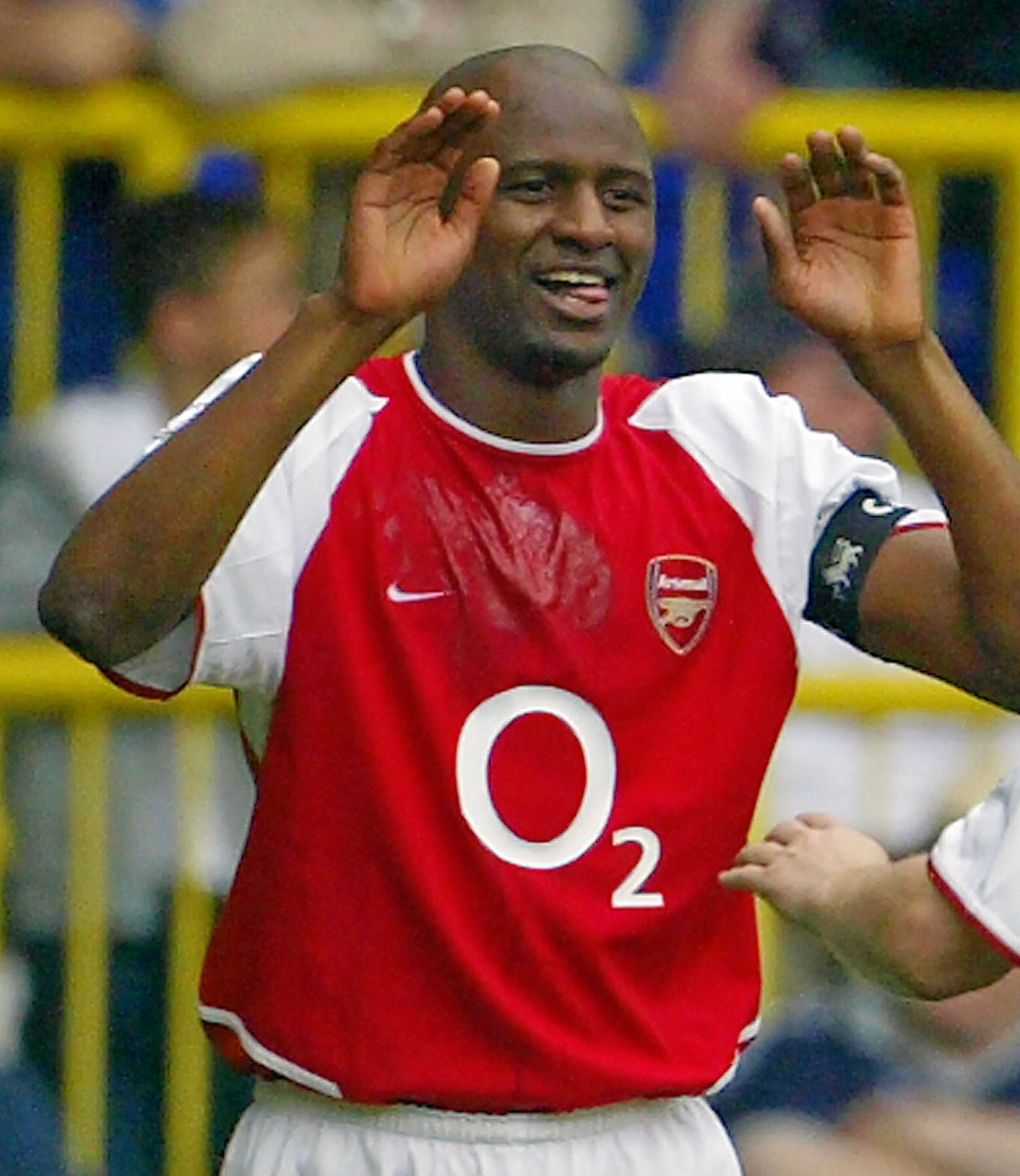
You missed a few games after that, through suspension, but also picked up an injury in the next game against Newcastle...
Yes, that was not a pleasant time for me. Because of the sending off, the injuries – it was a time that I needed to reflect and try to get back as soon as possible. I wanted to stay around the team at the training ground, because not being on the field with them gave me a lot of frustration. But when we talk about the Invincibles team, it’s not just 11 players we are talking about. It was 16, 17, 18 players who all stepped in and brought something to the table for the team.
Edu for example, every time he played, was really good for us. We never saw him as a number 12, he was part of the line up because we had different options. The squad was full of quality, but I’d say the number one quality among that group was the mental strength to believe we would always get back into a game. We knew that Thierry would do something to score. We knew that Dennis would create something from nowhere. That was our huge strength.
What are your memories of the title- clinching game at White Hart Lane?
To be honest, we were thinking that if we had the chance to play for the title at White Hart Lane, then we saw it as a destiny. To have the chance to win the title, at the home of Tottenham? There can be no better sweetness! So it was a chance that we had to take.
We couldn’t think of any alternative, because that opportunity was too sweet, too good, to let it pass. We knew if we won it there, it would be something that the fans would never, ever forget. Both sets of fans!
"when we talk about the Invincibles, it’s not just 11 players. It was 16, 17, 18 players who all stepped in and brought something to the table"
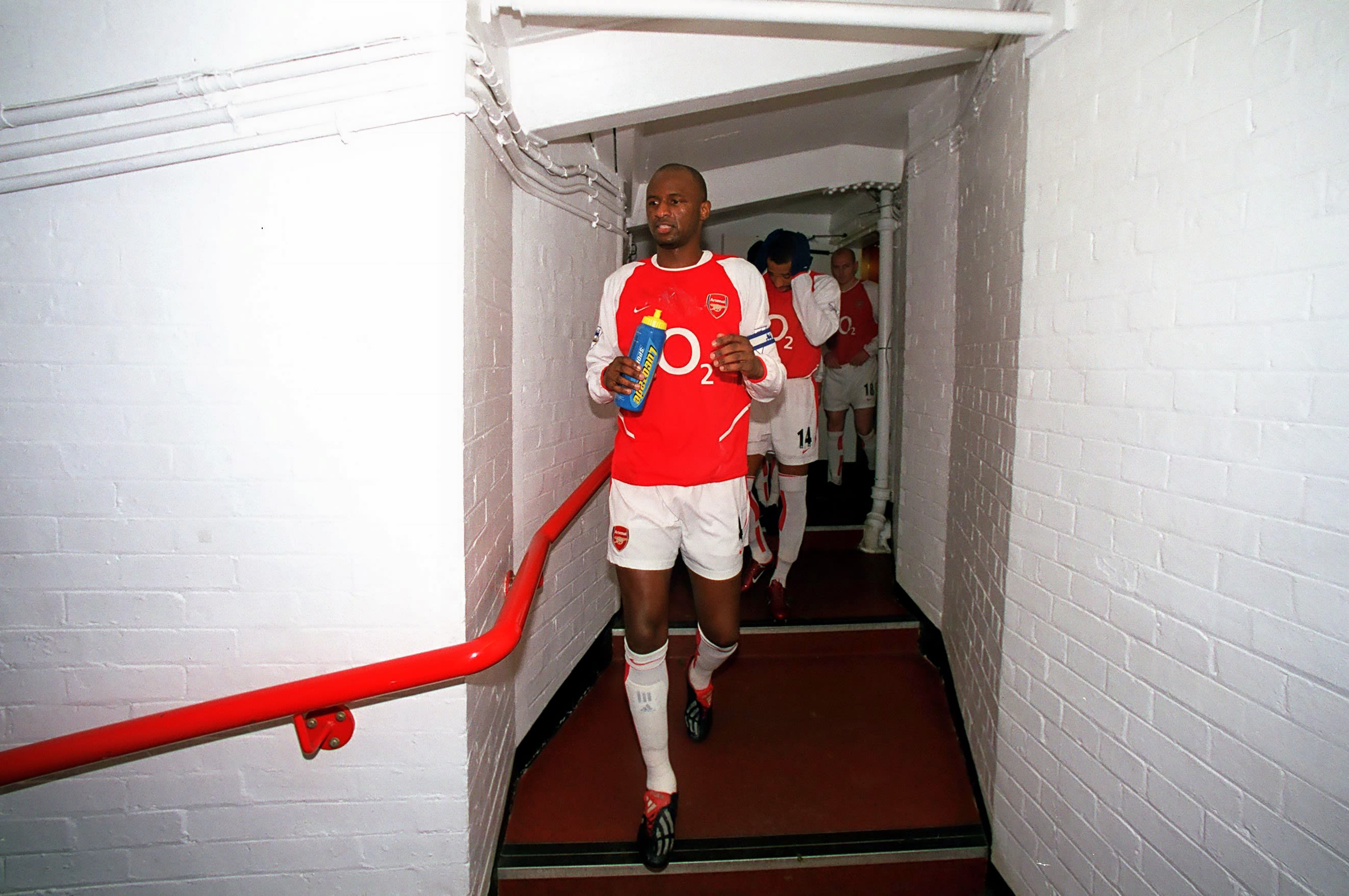
If there were any nerves at kick-off, your goal after just three minutes would have relieved them...
Yes, but to be honest with you, I don’t remember any type of pressure like that. It was just a feeling of excitement, to do it that day, at Spurs, in front of their fans. So the confidence was very high to do it. Then it’s about taking the opportunity, and we couldn’t imagine not doing that.
How much did you enjoy the celebrations at the final whistle?
Oh we really enjoyed it! We came back out of the dressing room after the game, our fans were still there and we went to celebrate for them, because I believe it’s a once in a lifetime achievement to do that. We wanted to mark that moment properly.
Was it difficult to maintain focus for those last few games, knowing the league was already won?
No, it was down to us as a group of players to ensure that. Winning the title had been an obsession for us, and when it was done, Arsène put the next challenge on the table for us. He asked us whether we wanted to achieve something special now. The momentum was there, the confidence was there, the quality and the competitiveness. So as a group we were still stimulated, we knew we could do something special. So we put our energy together and we managed to remain unbeaten.
What I loved about that is that when you are trying to win something, there is always someone who thinks they can win it by themselves. A game, a final or whatever. But for this, we needed to keep our togetherness, our work ethic and play for each other. We managed to put the team before the individual egos and that allowed us to express ourselves and achieve something as a team. It was a real team achievement, the spirit and togetherness made this group unique.

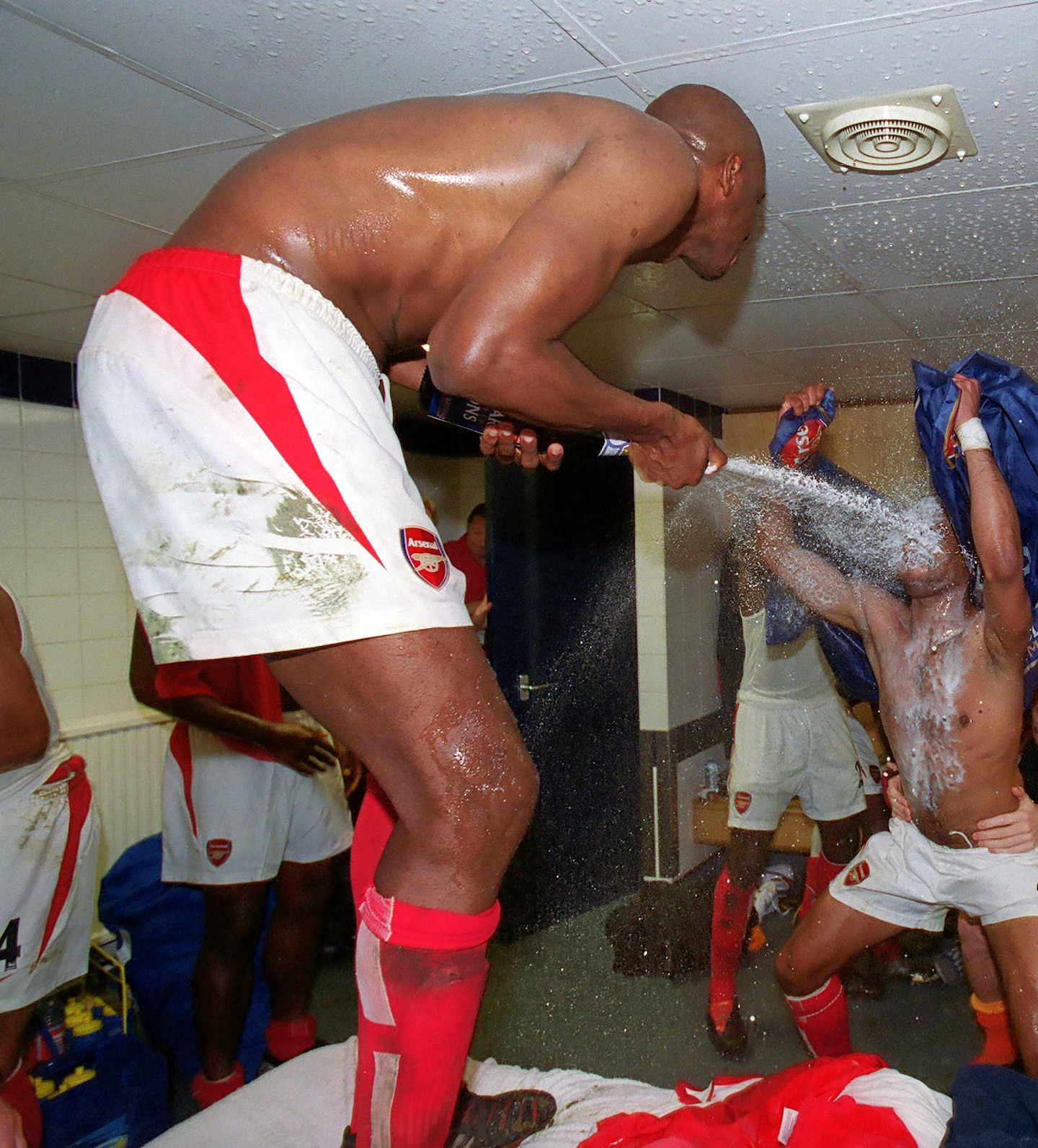
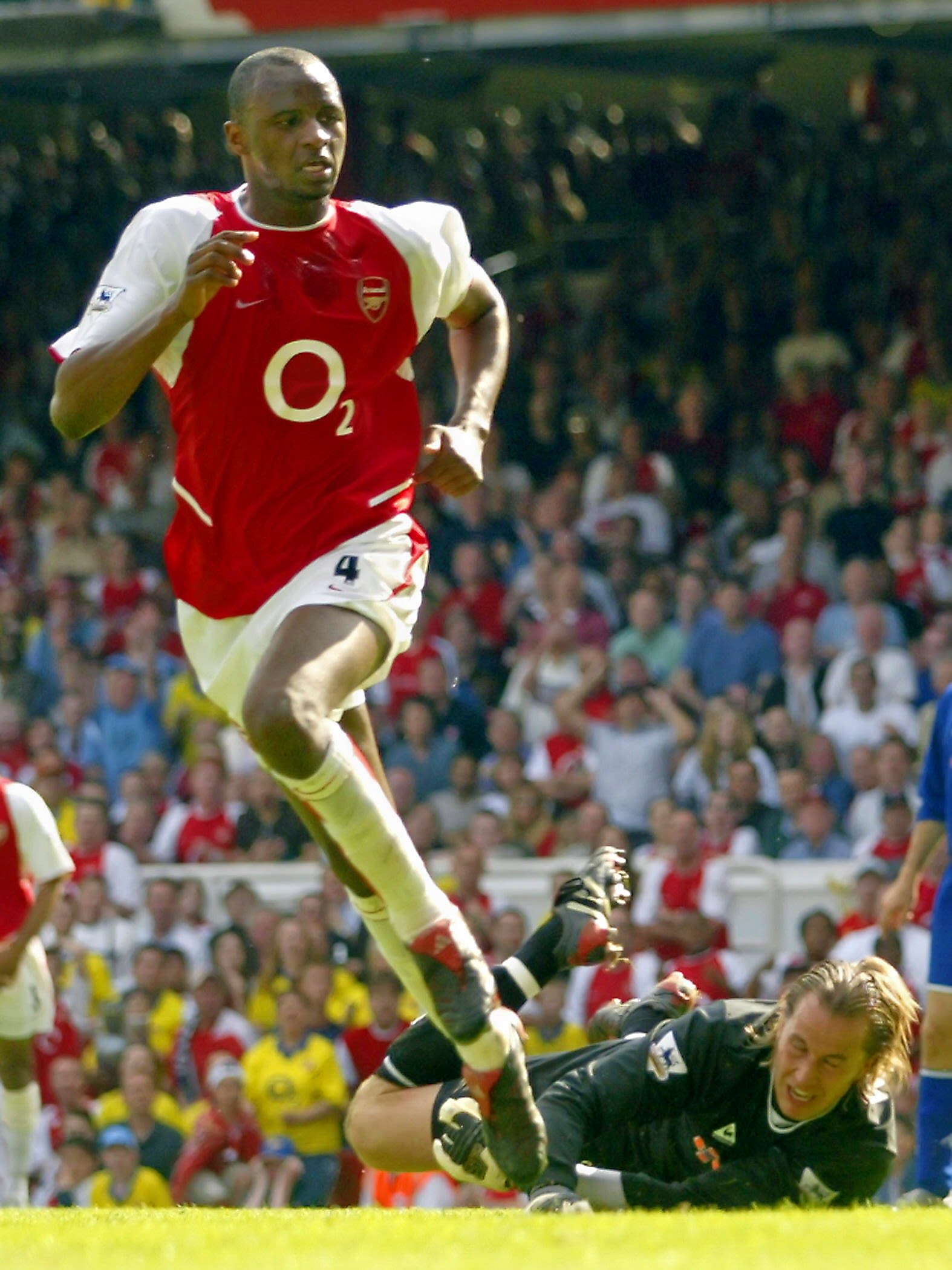
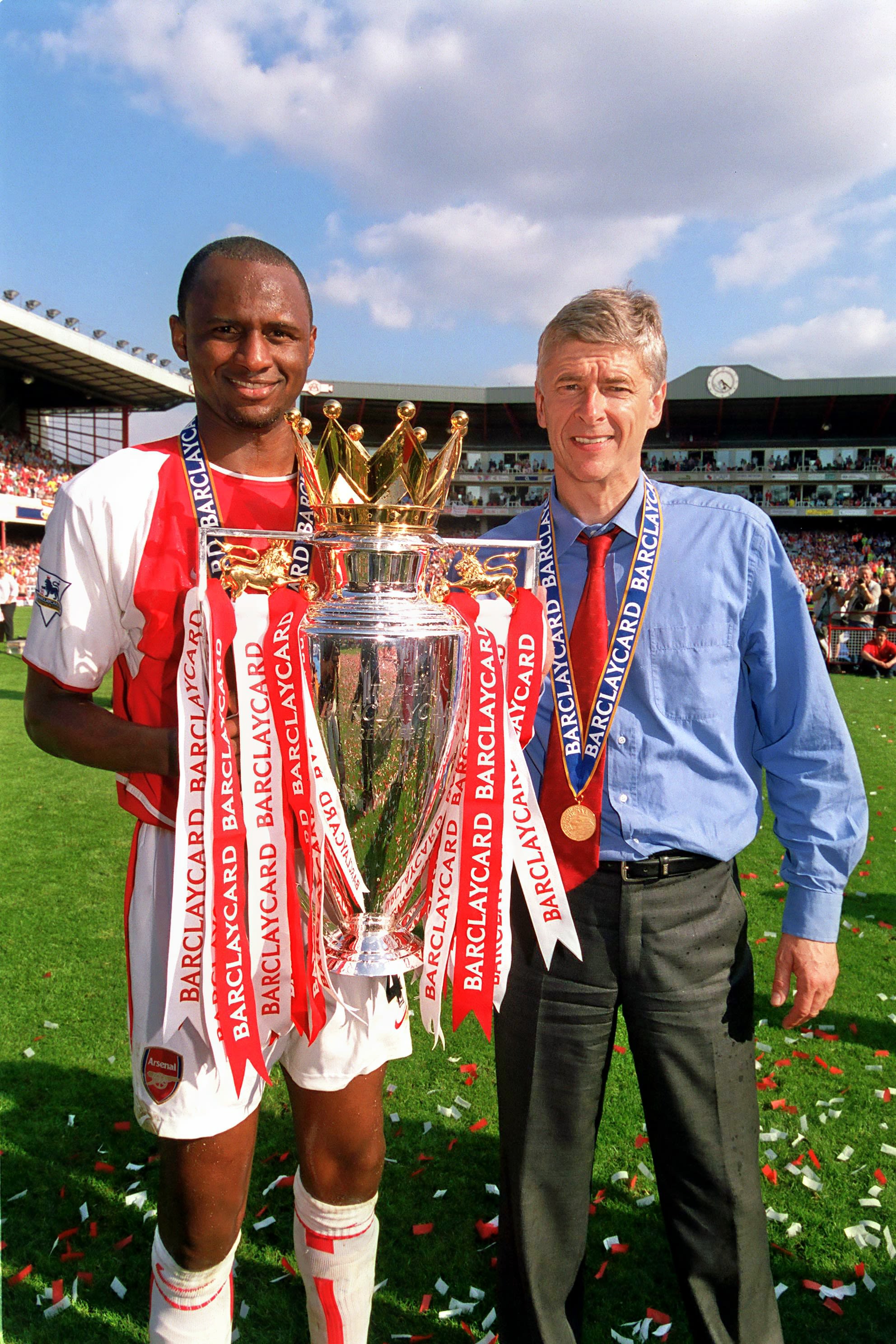
But it was also fitting that you, as captain, scored the winning goal on the final day against Leicester...
That was a celebration for us all. We shared in that happiness to achieve something like we did collectively. It was an unbelievable feeling, and as captain, seeing the team achieve something like that, it’s a very proud moment. The atmosphere at Highbury that day will be forever in my memory. You play the game for those kind of moments. It’s not always like that, so when those moments do arrive, you want to embrace it fully.
Did you realise at the time how big the achievement was?
No, you don’t realise how special it is. Only now we are realising, because it’s been 20 years. It might be another 15 or 20 years until it happens again. It will happen one day. How, when, I don’t know, but it will happen.
It’s an unbelievable achievement, and we are all very proud to have been a part of it. I’ve played for some big clubs, and now being a manager, I know there are always games when you are less concentrated, or make a mistake, or are just unlucky. But you can always lose a game, then lose belief and lose two or three games minimum in the season. So that generation of players we had, we should be very proud. We are still in touch, we have a group chat and when we can we meet up too. When you achieve something like that, it’s for life.











